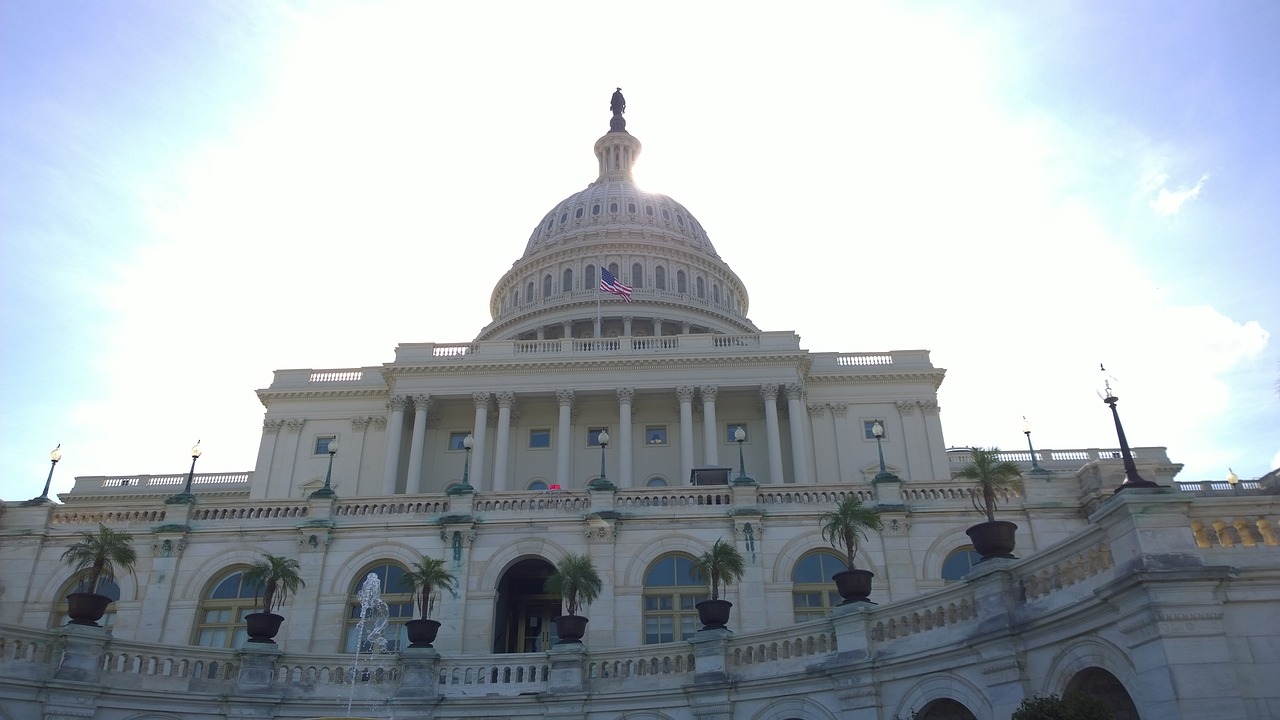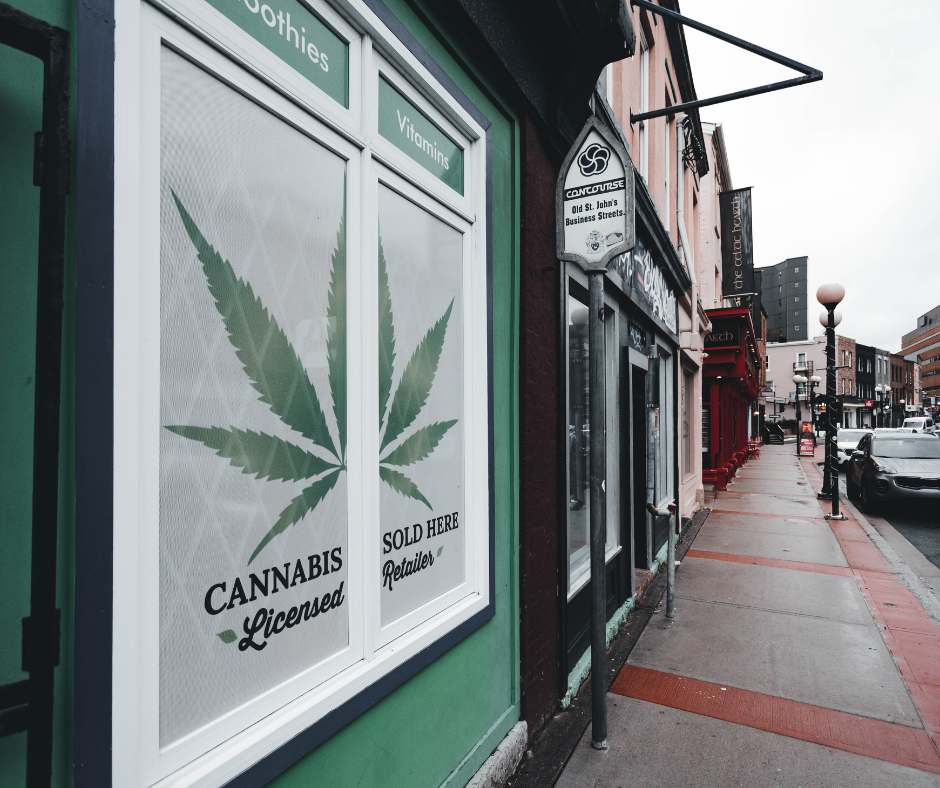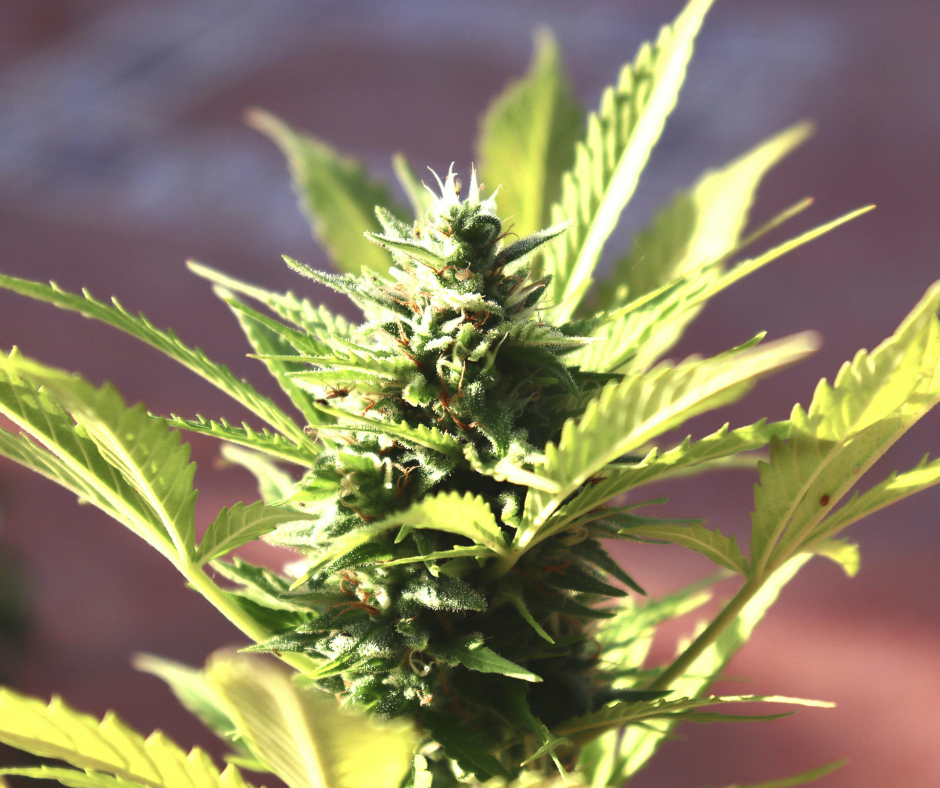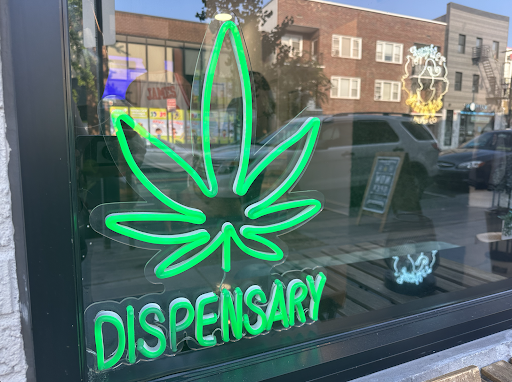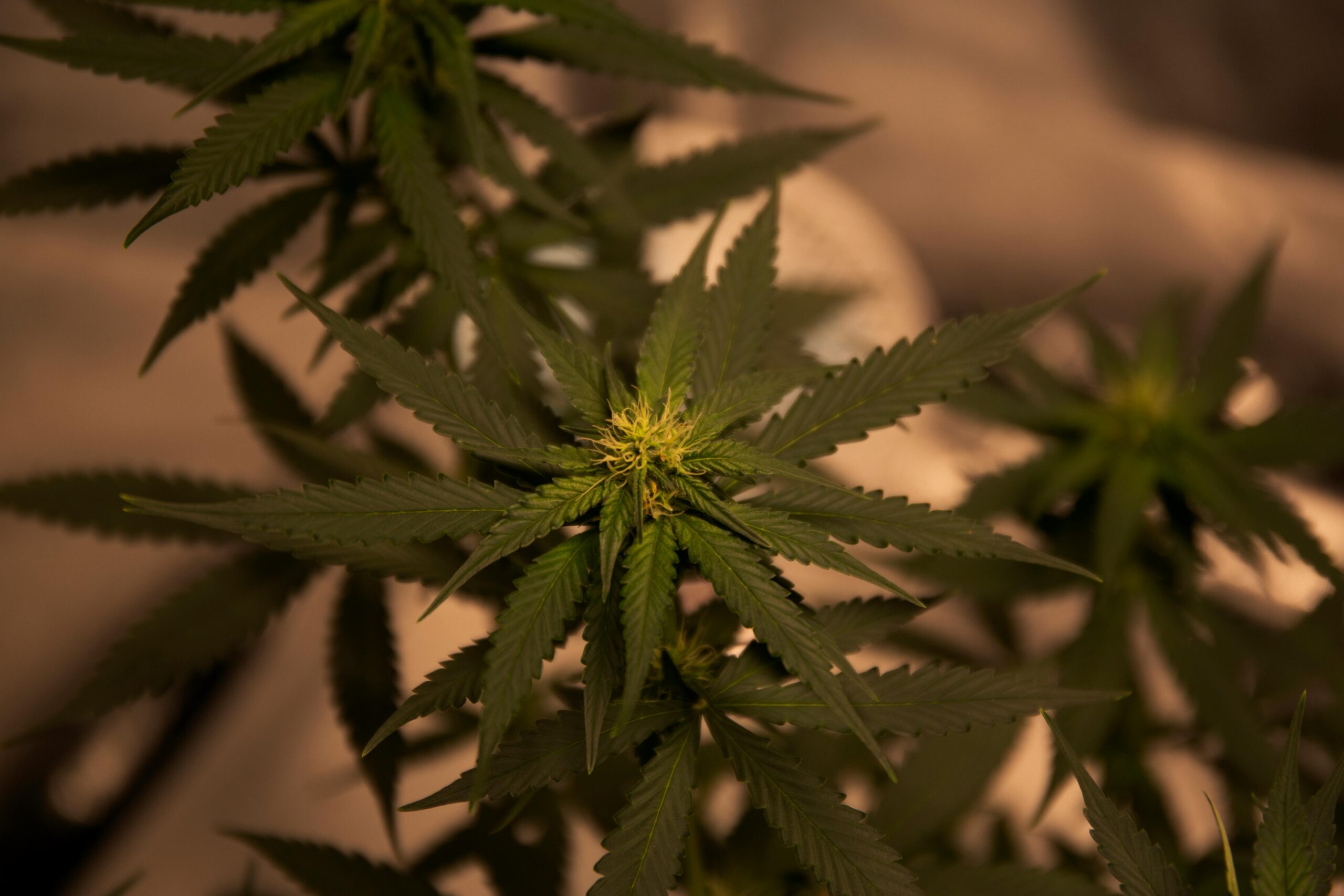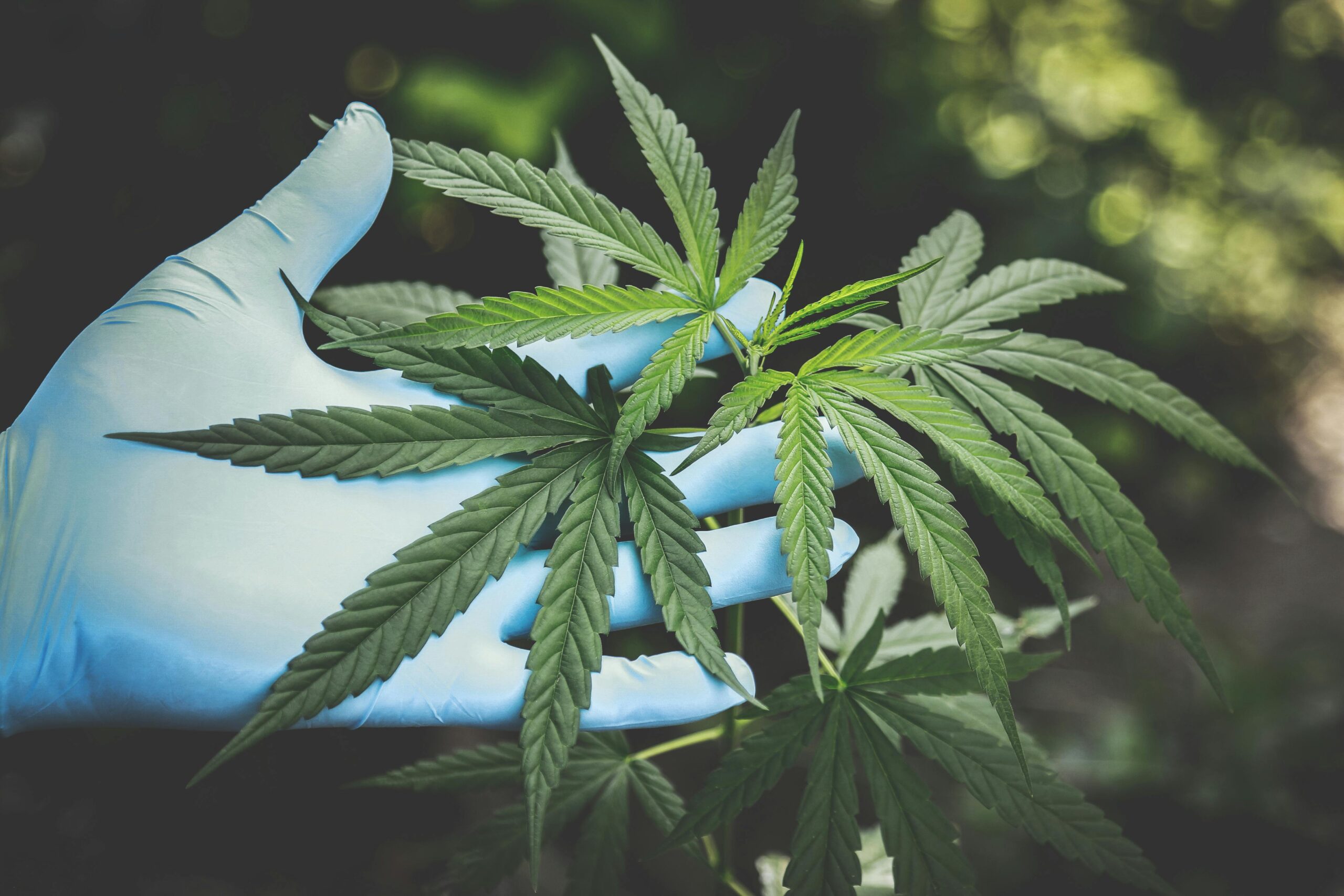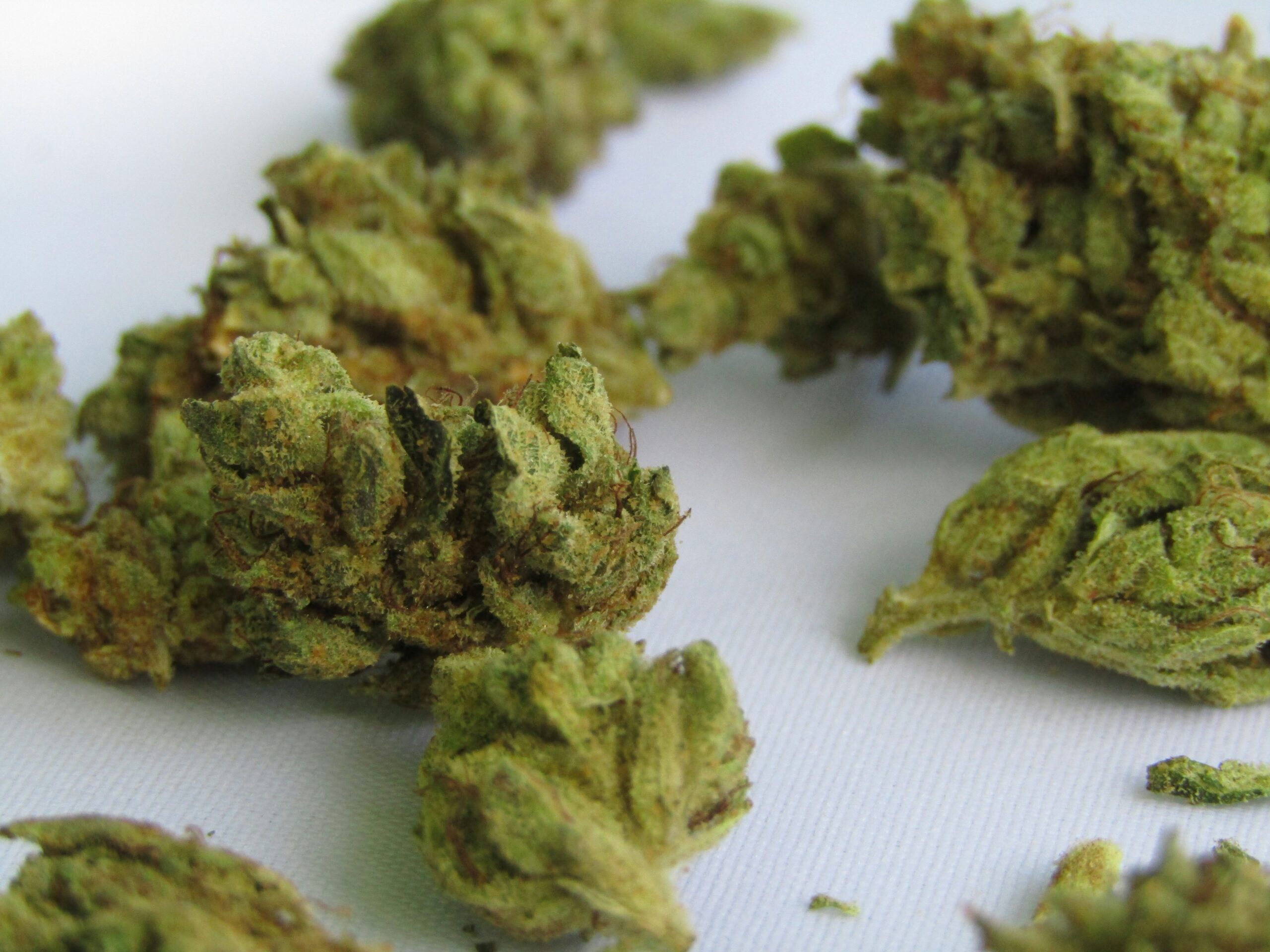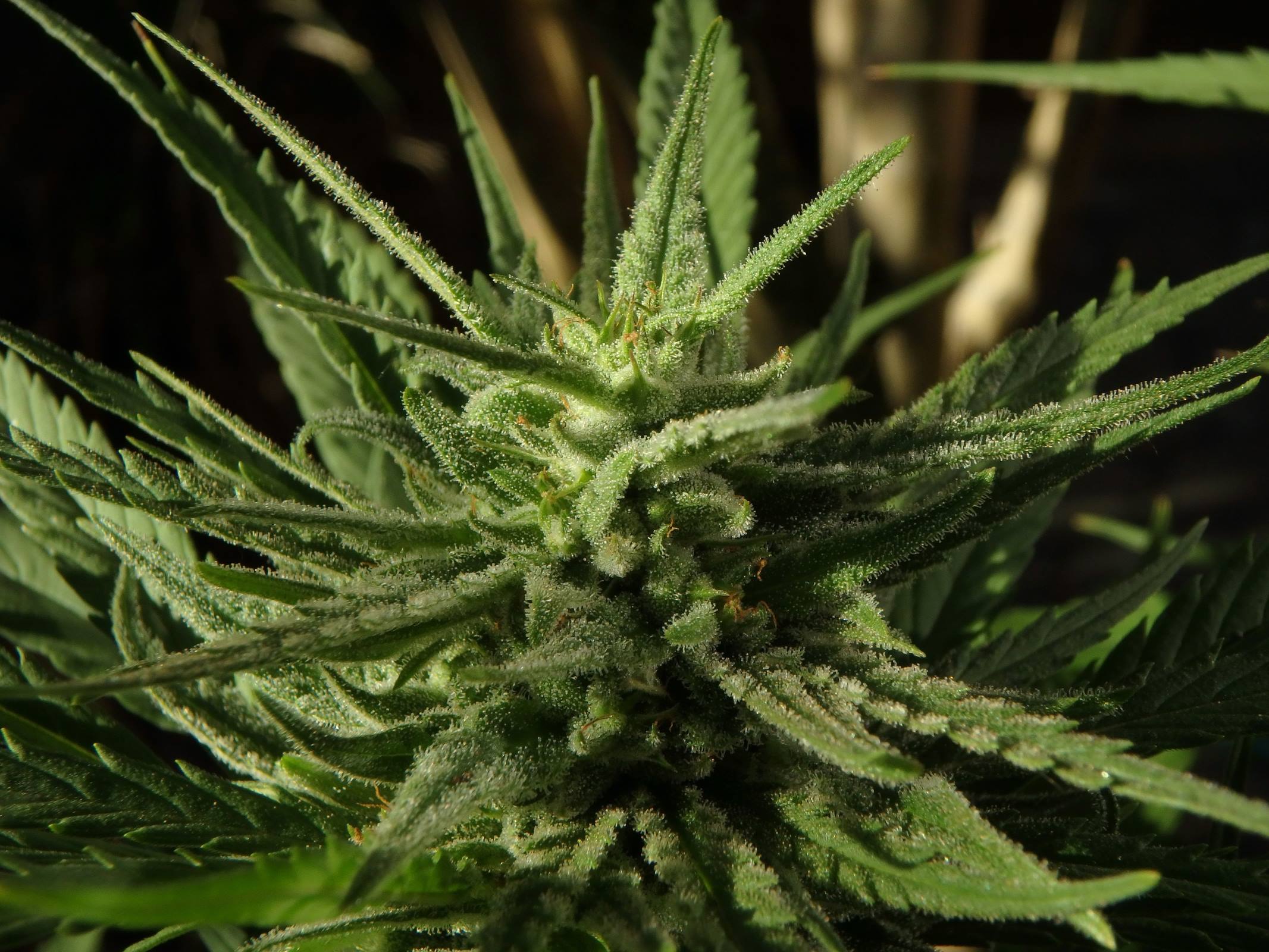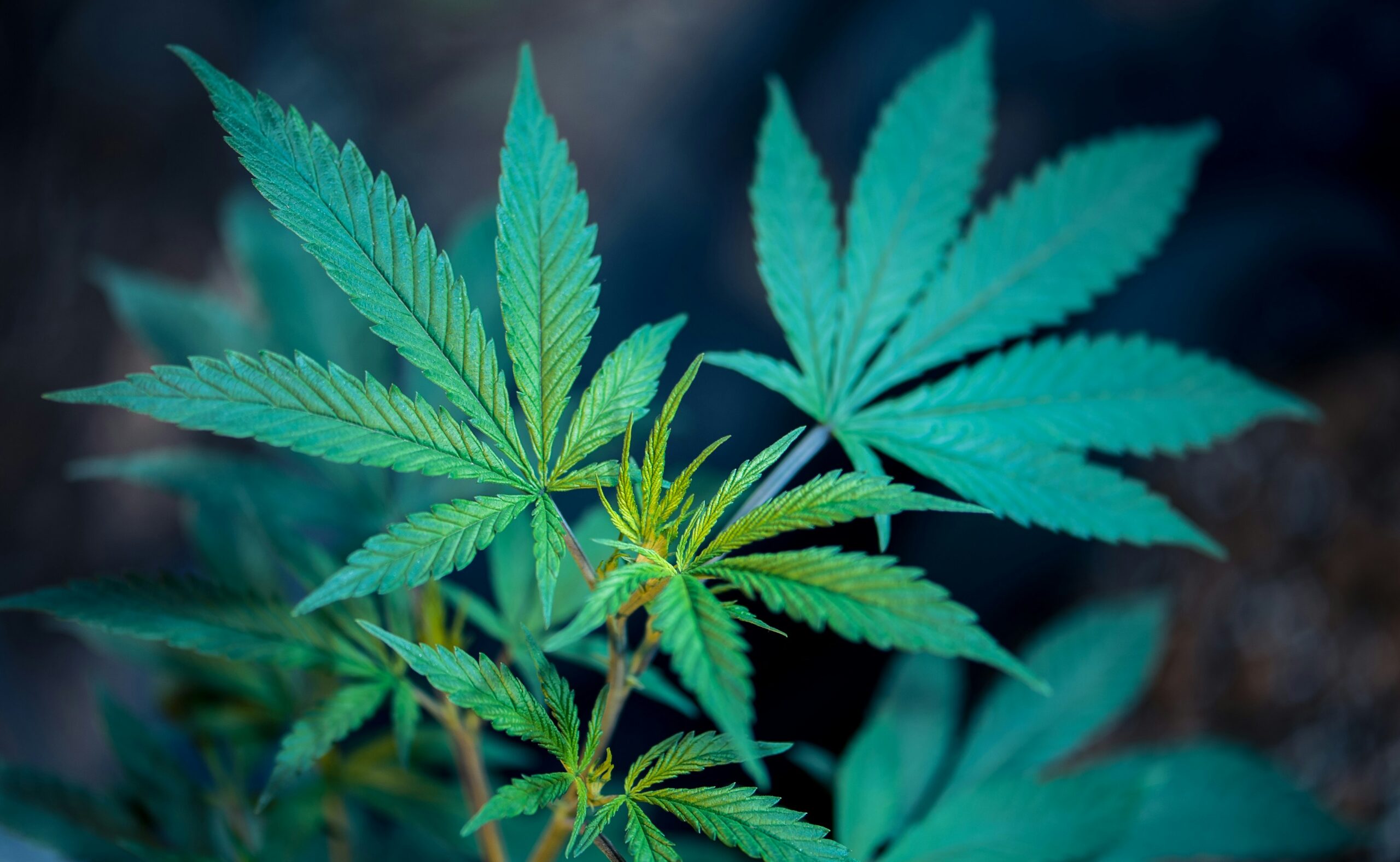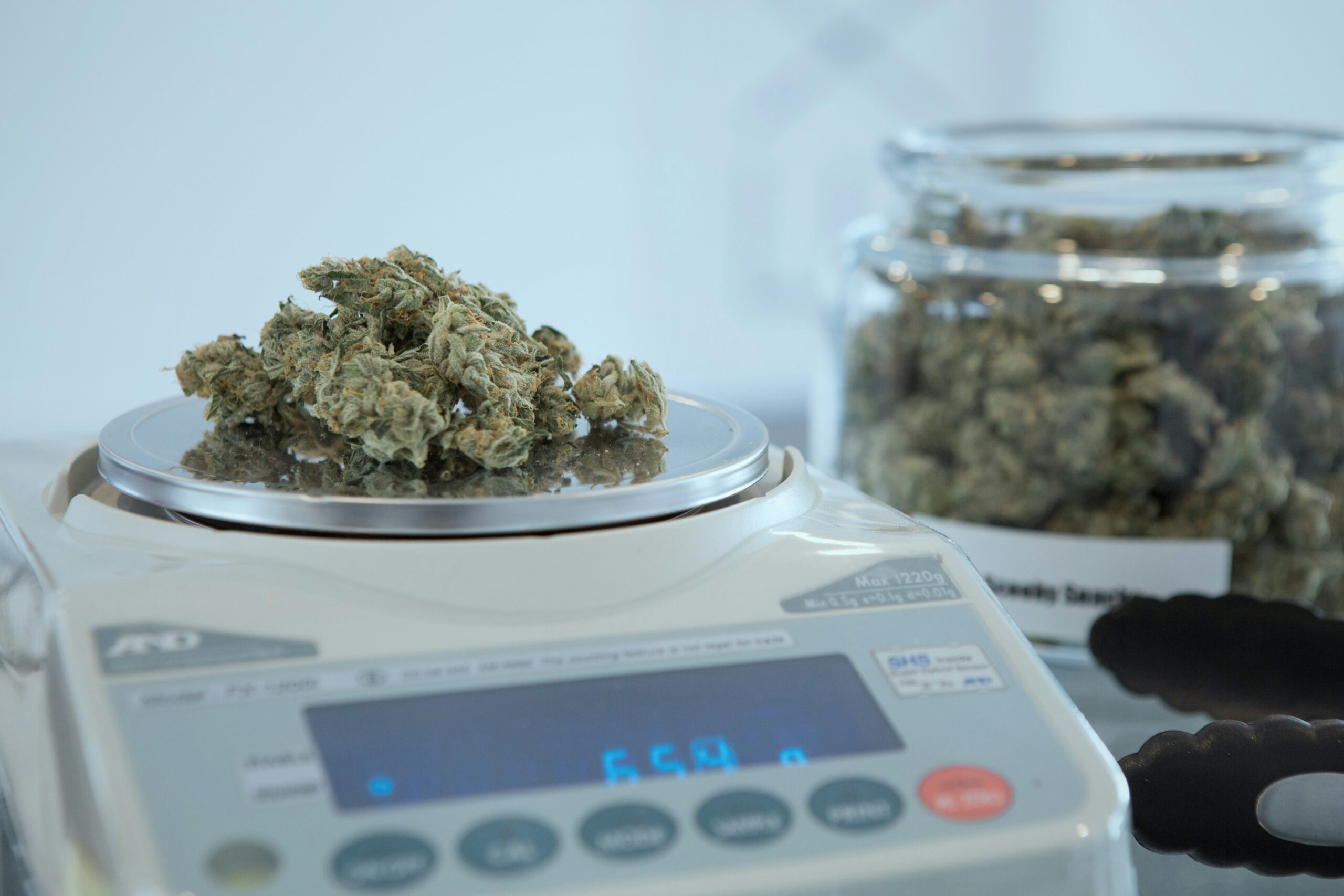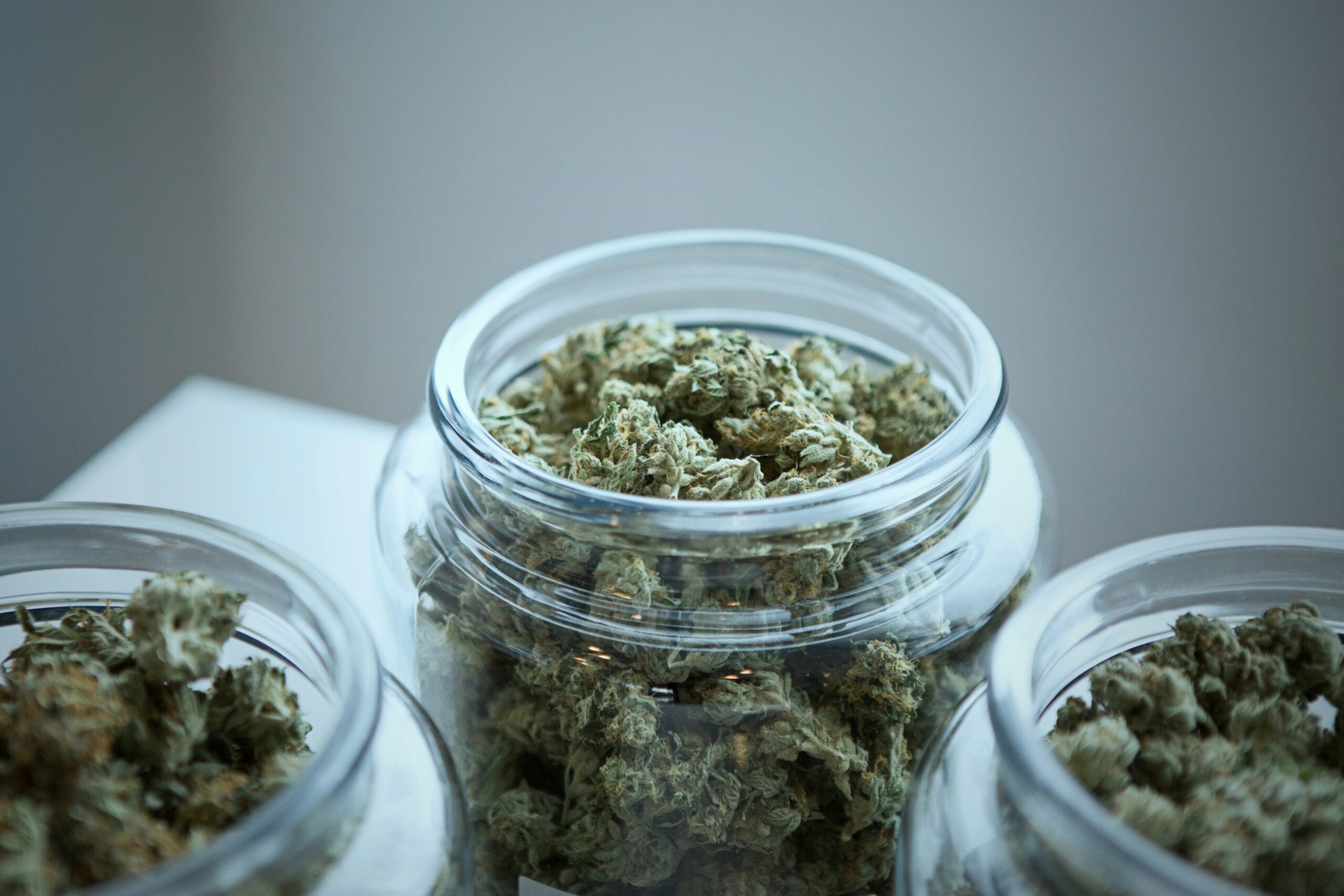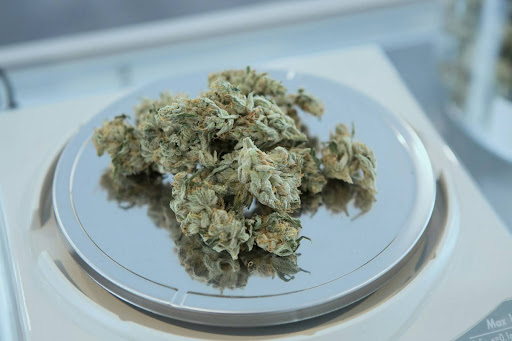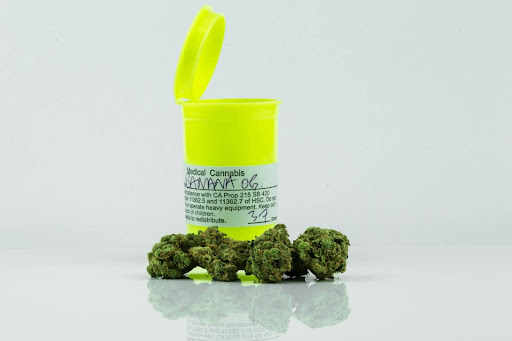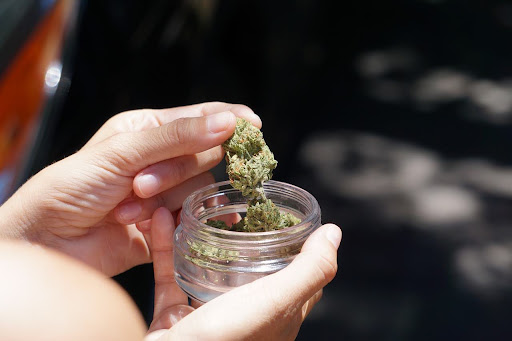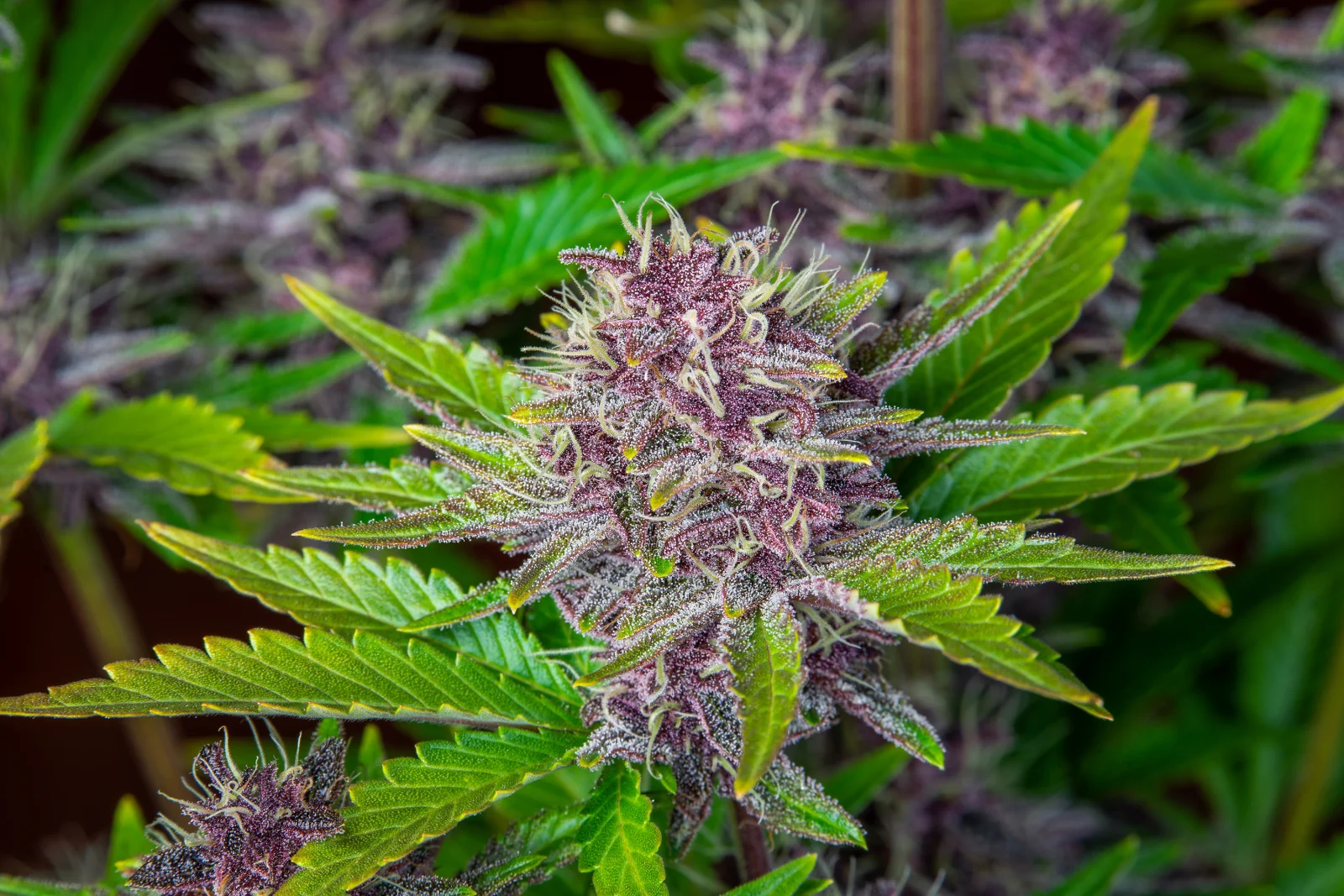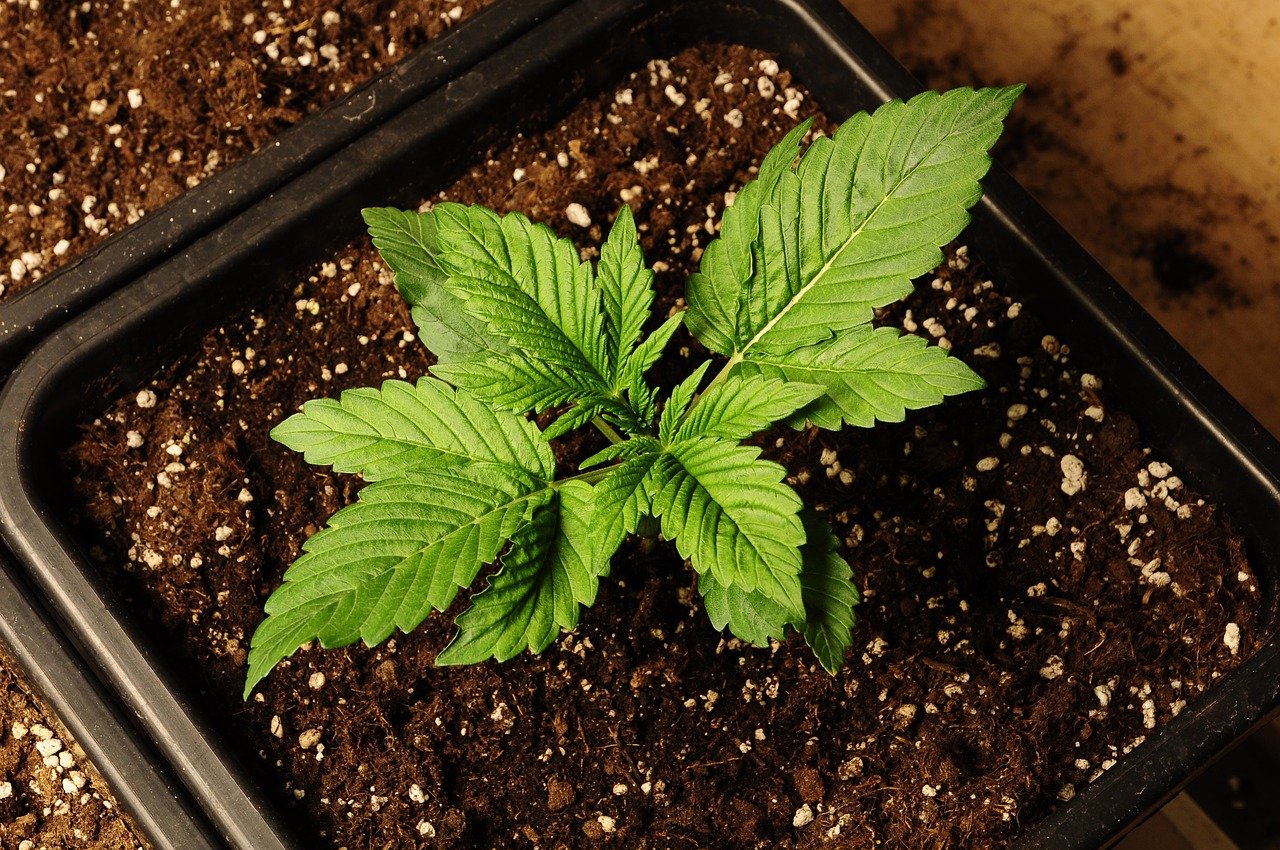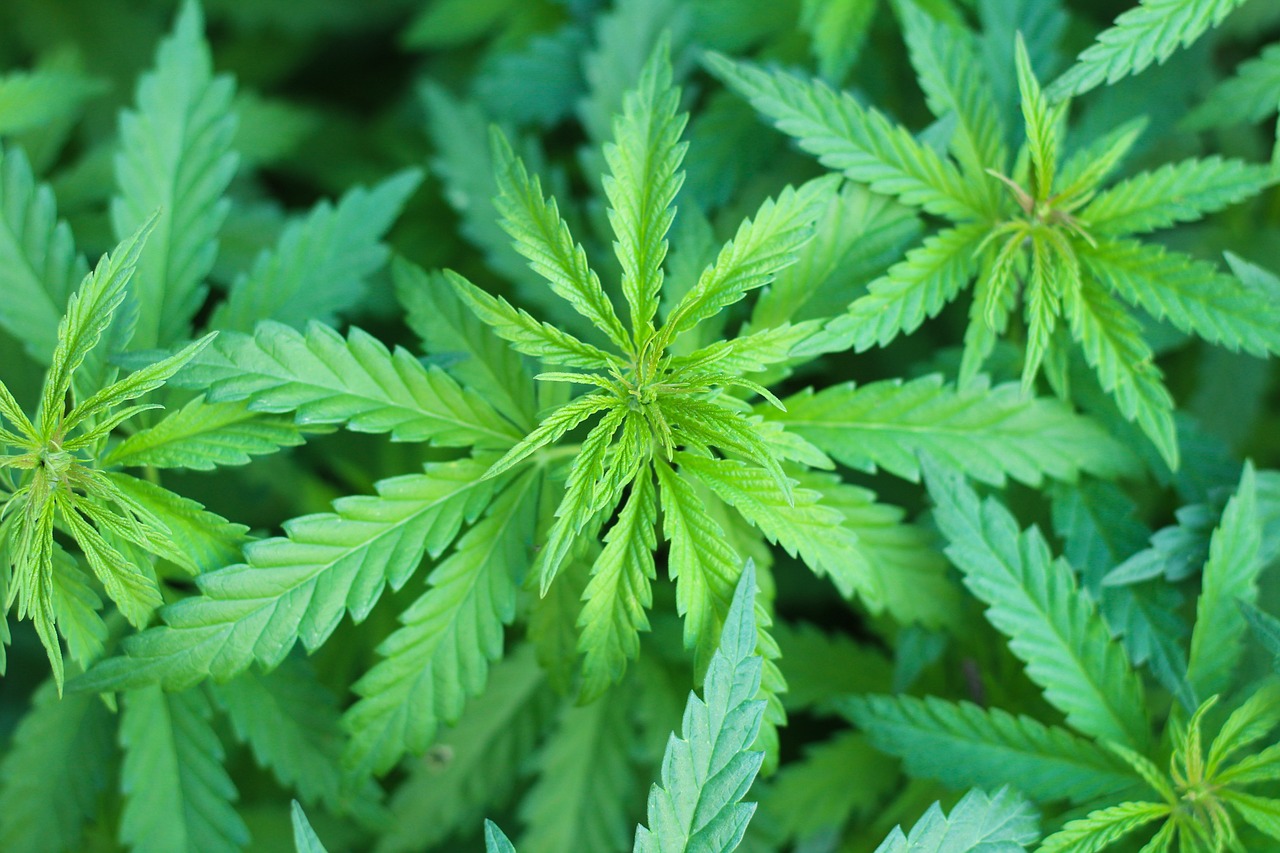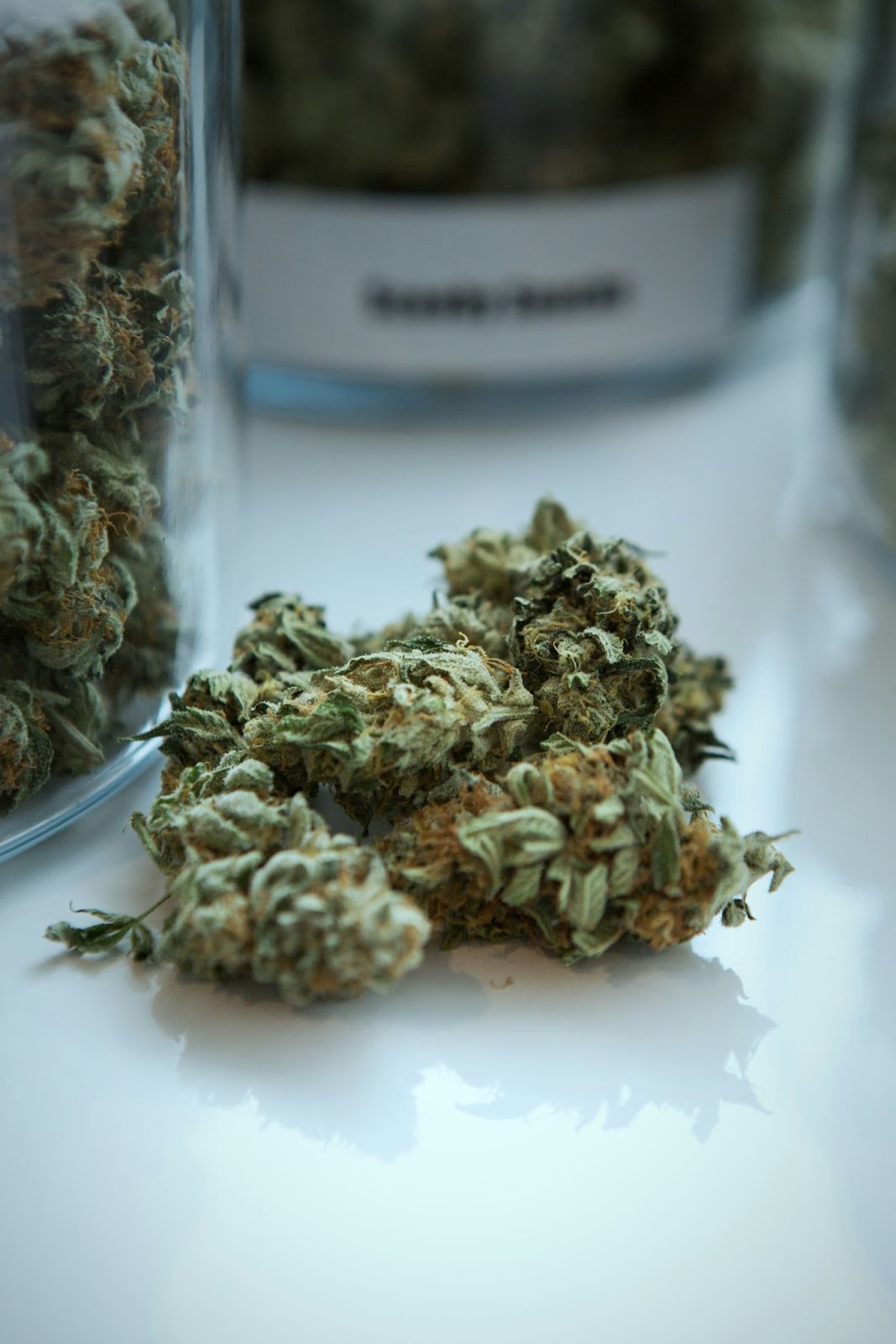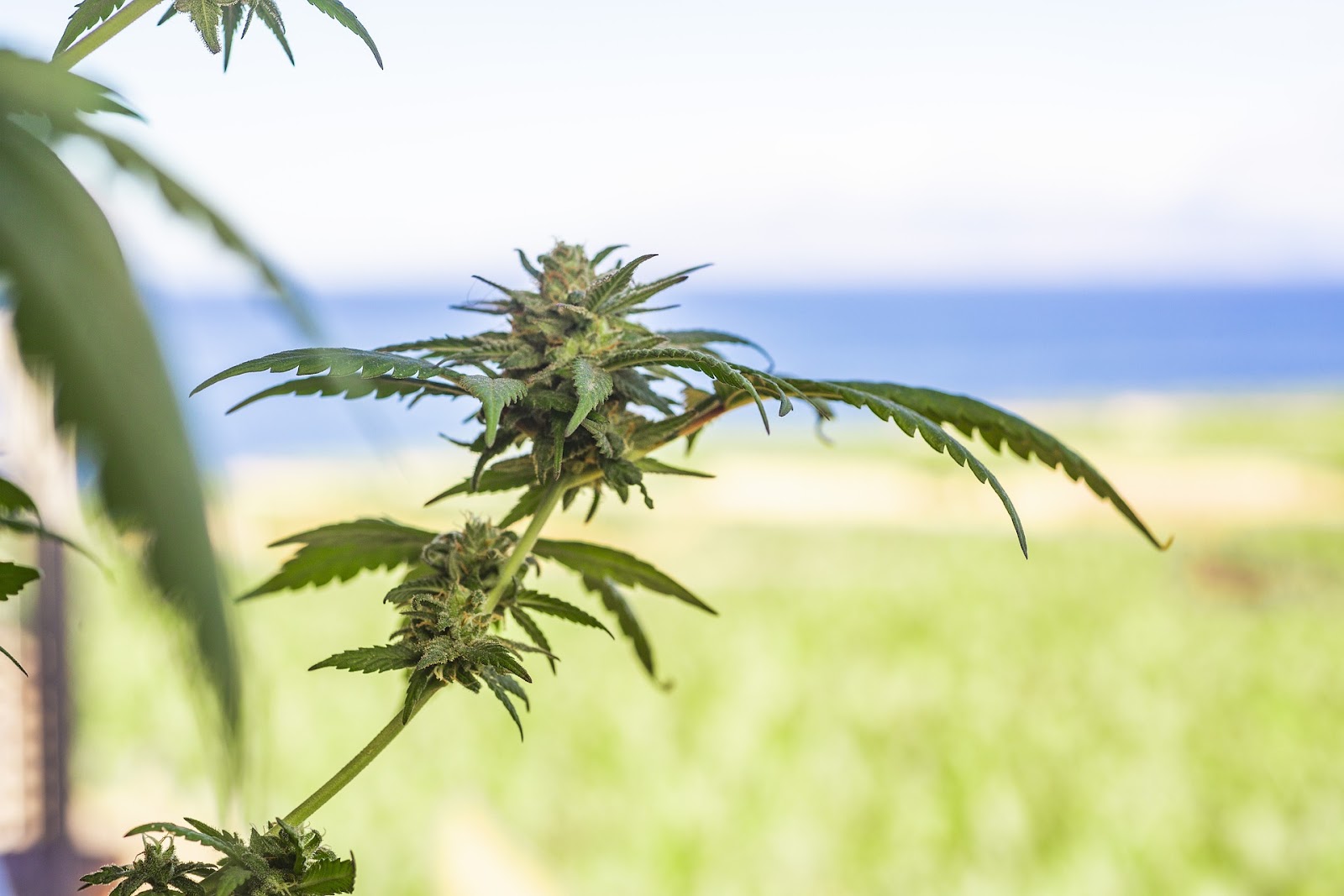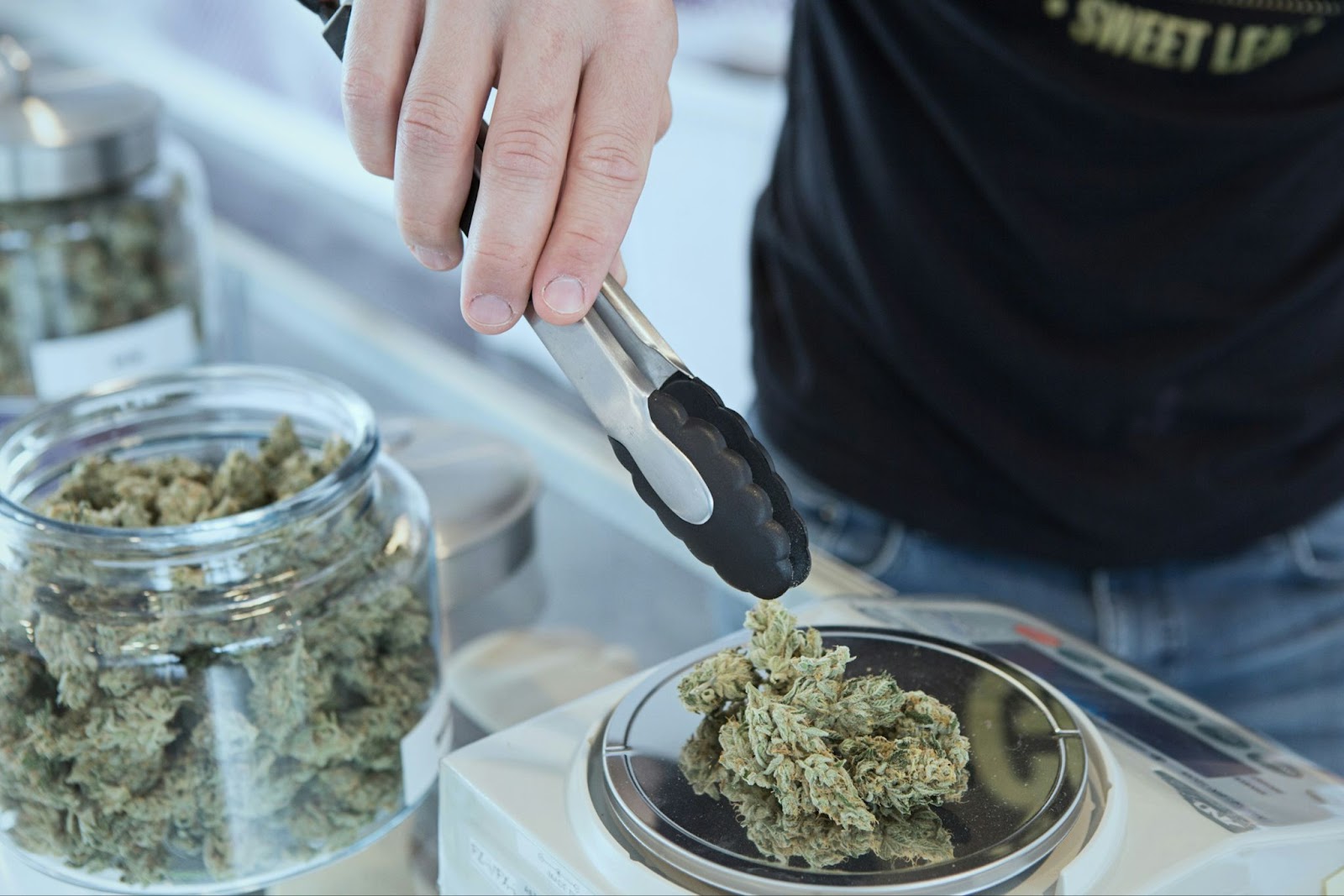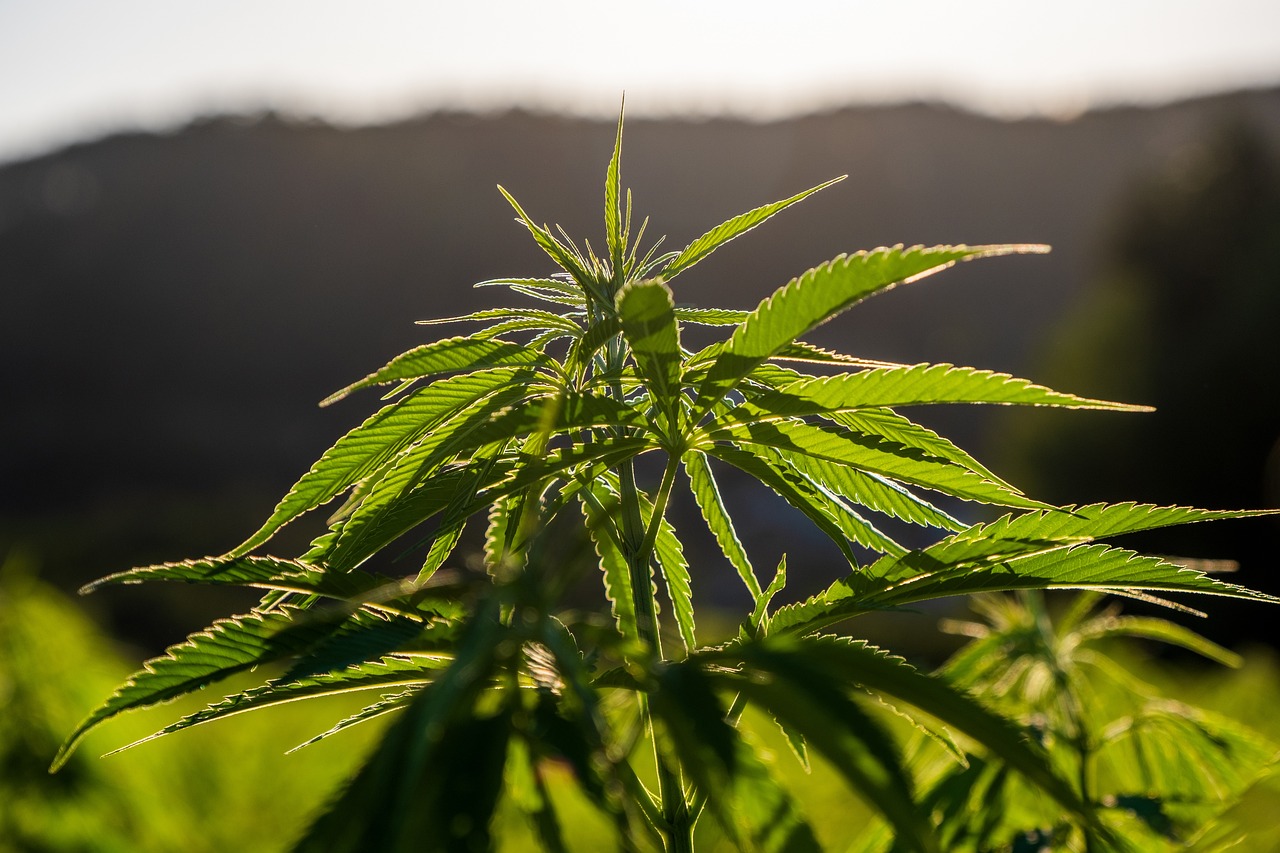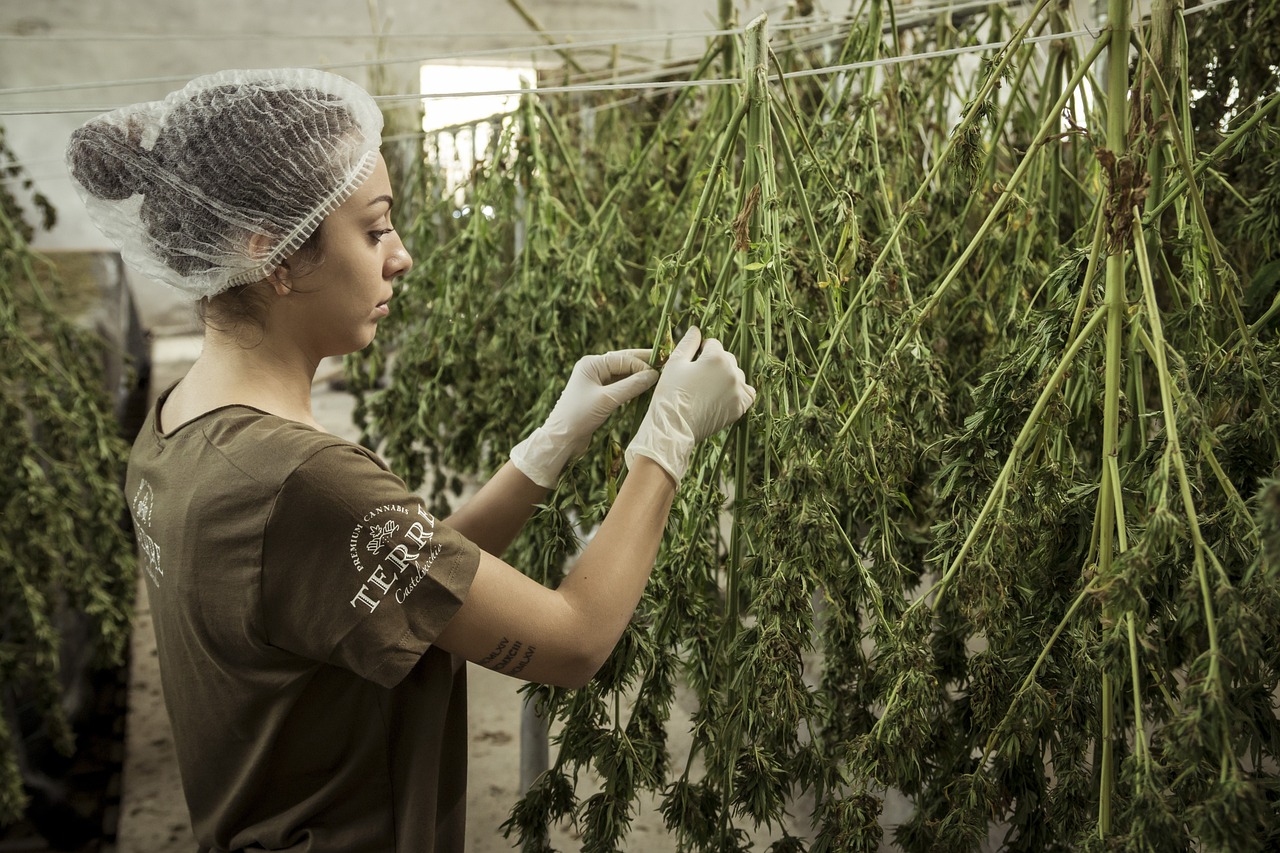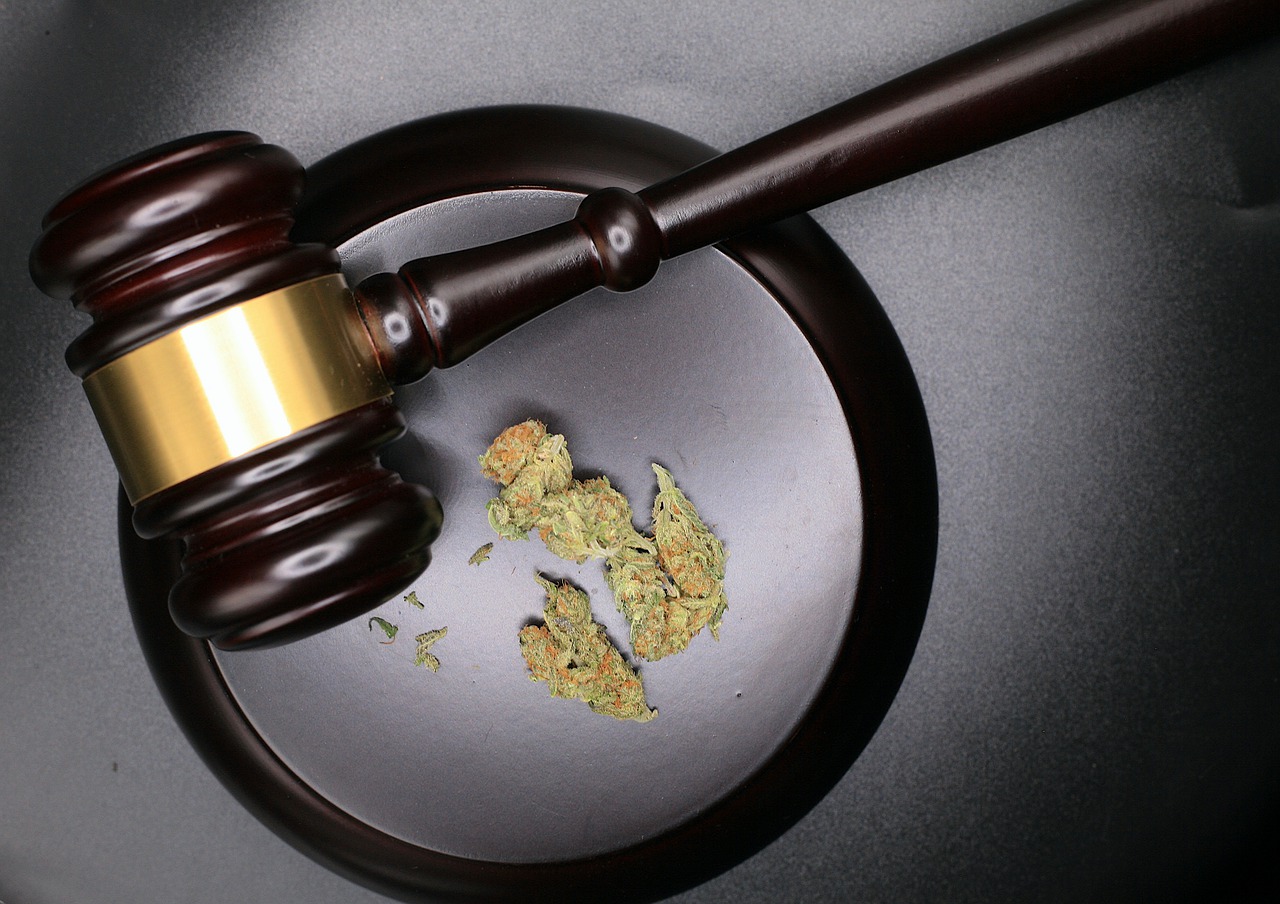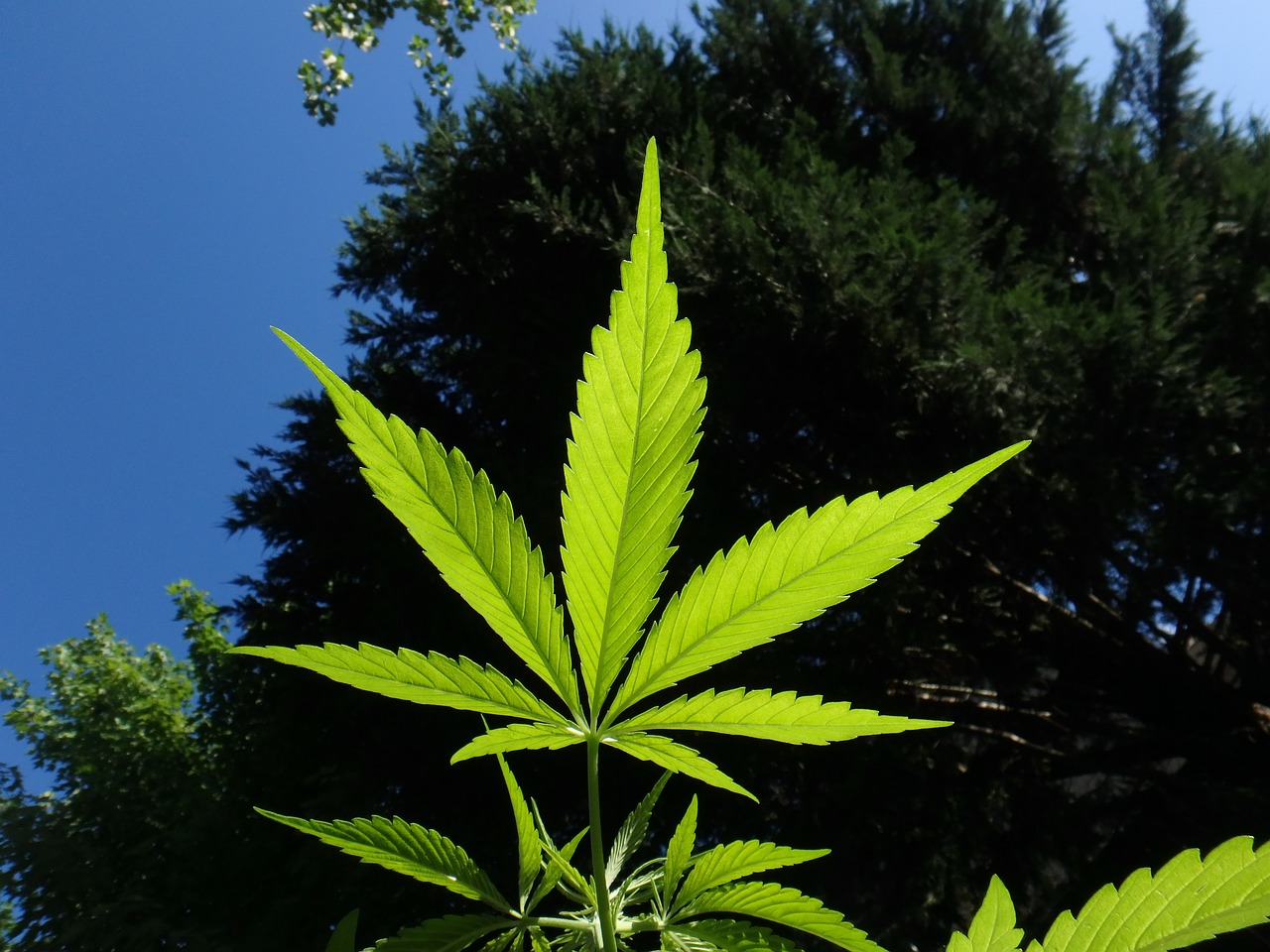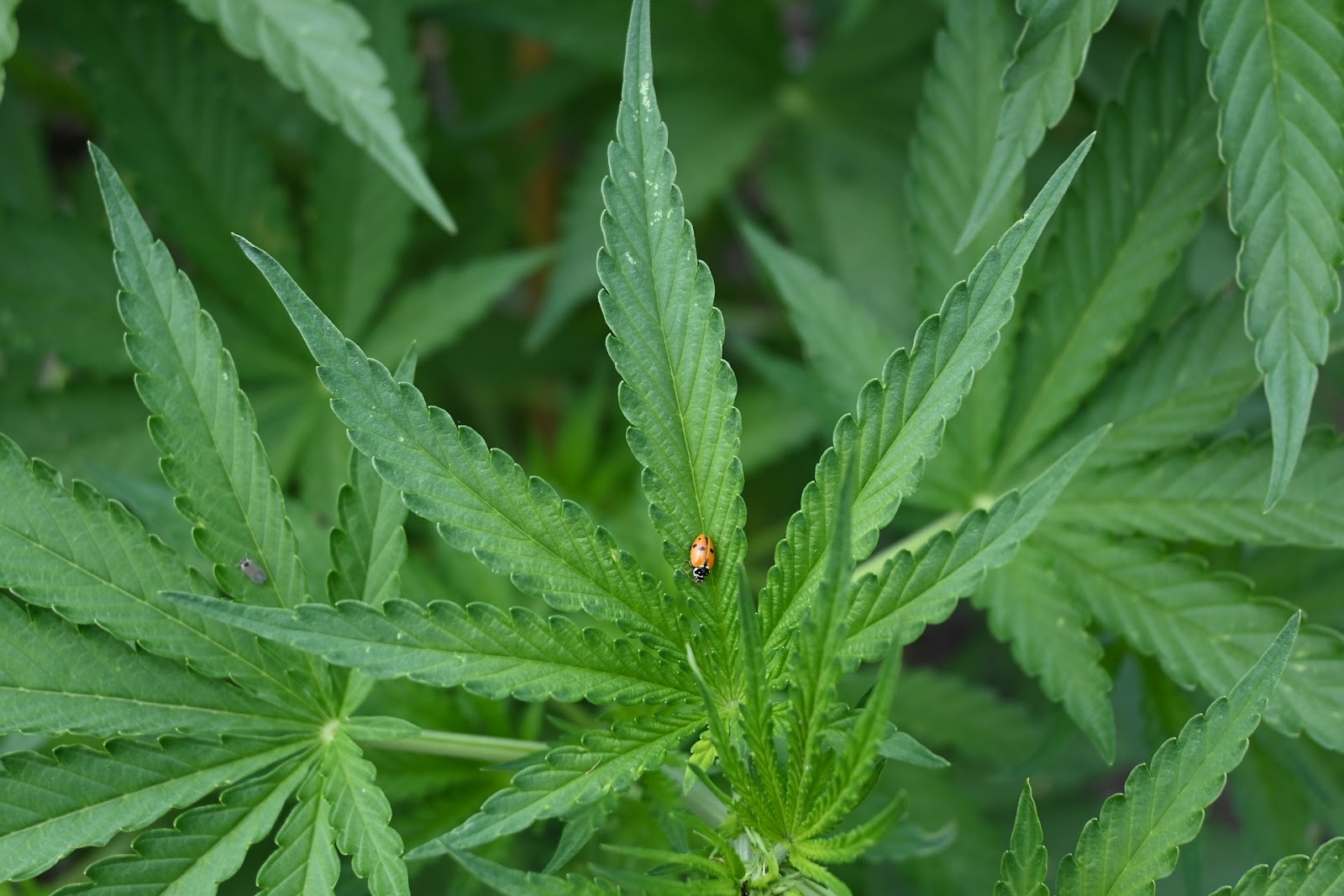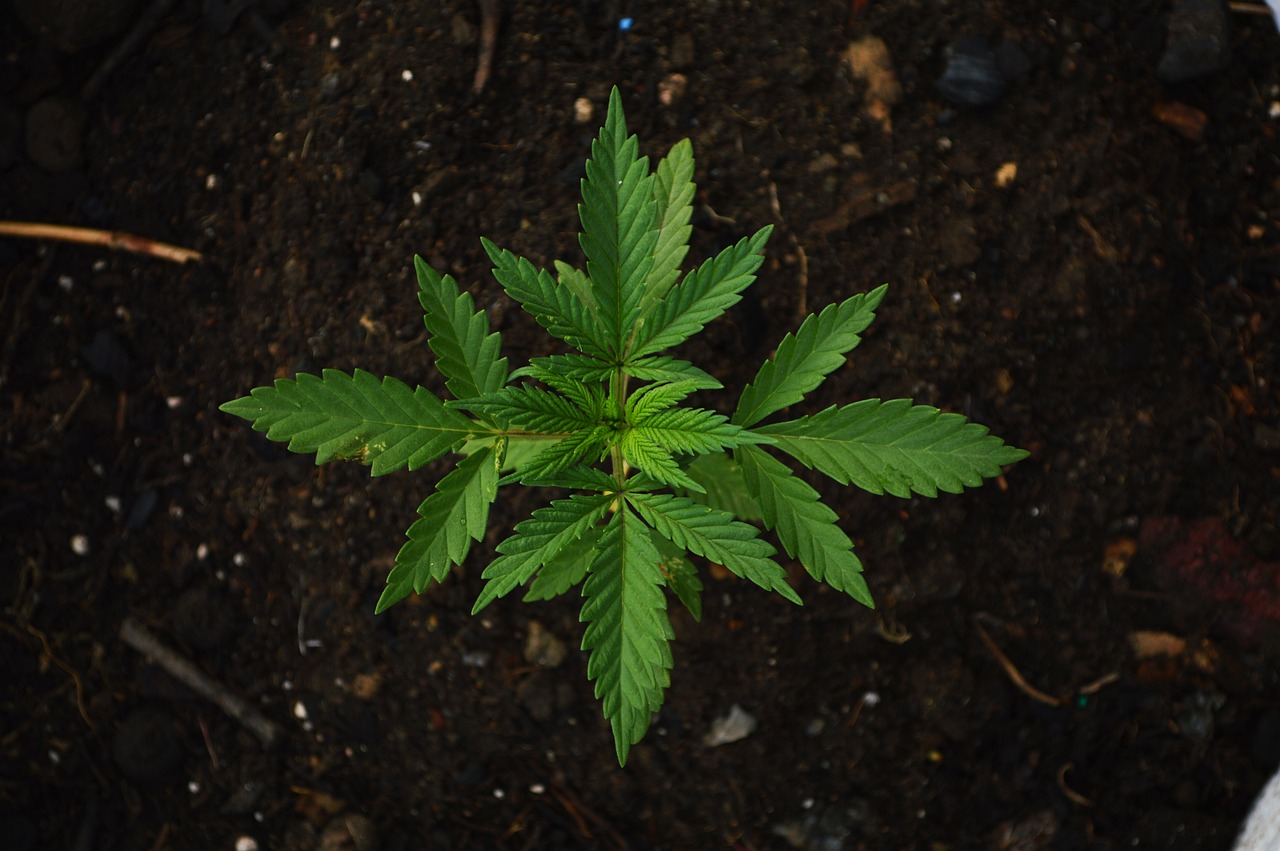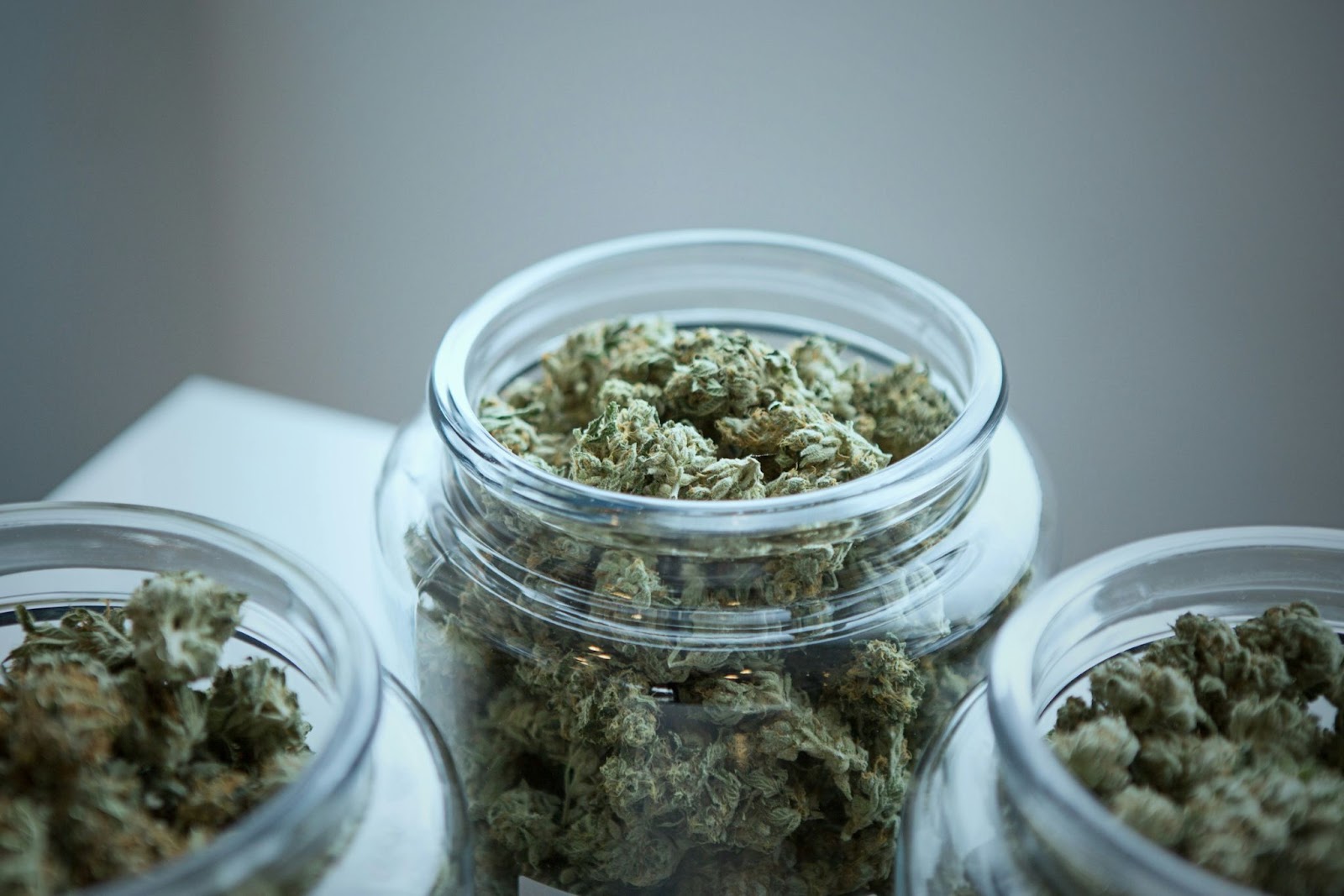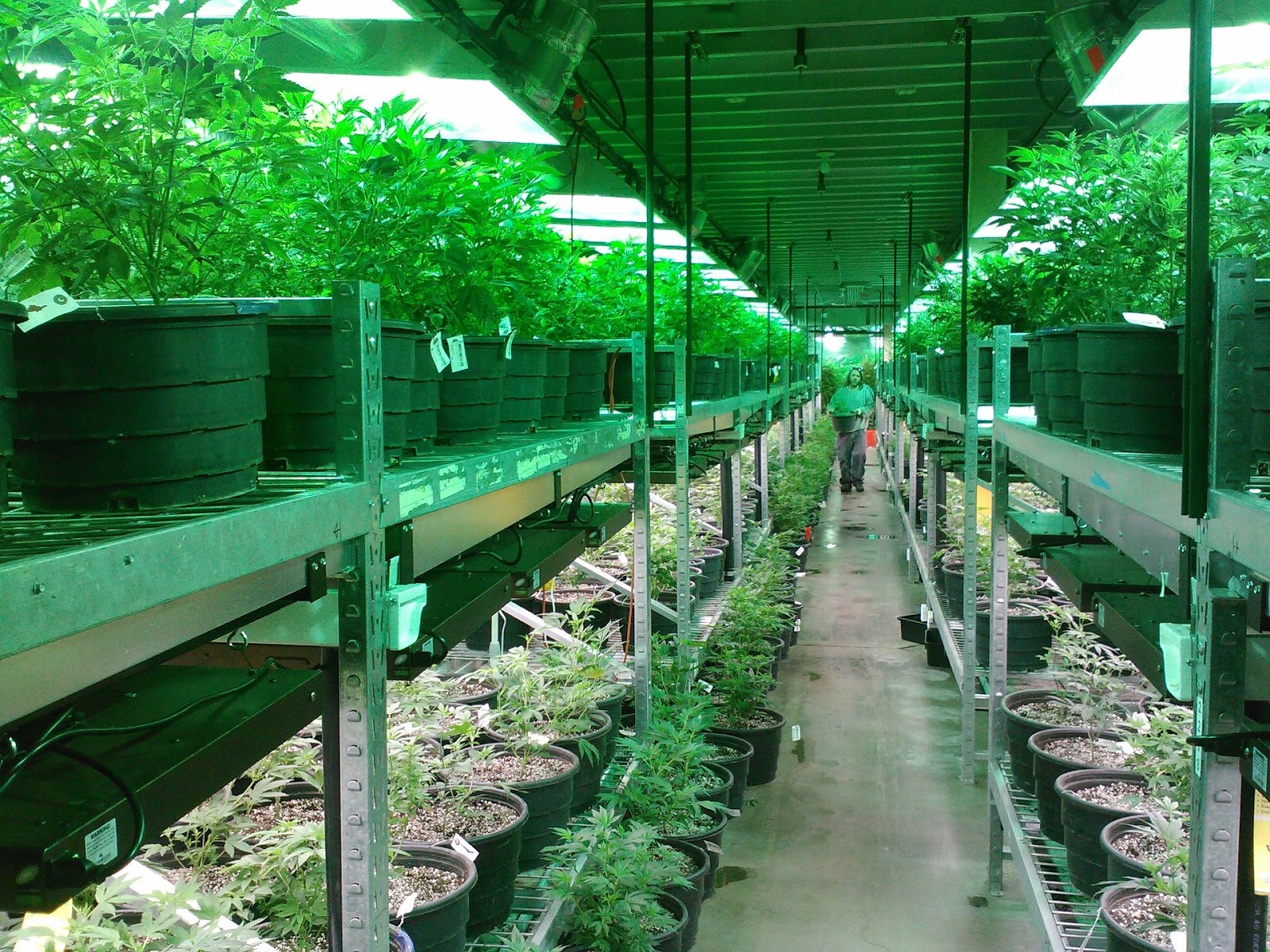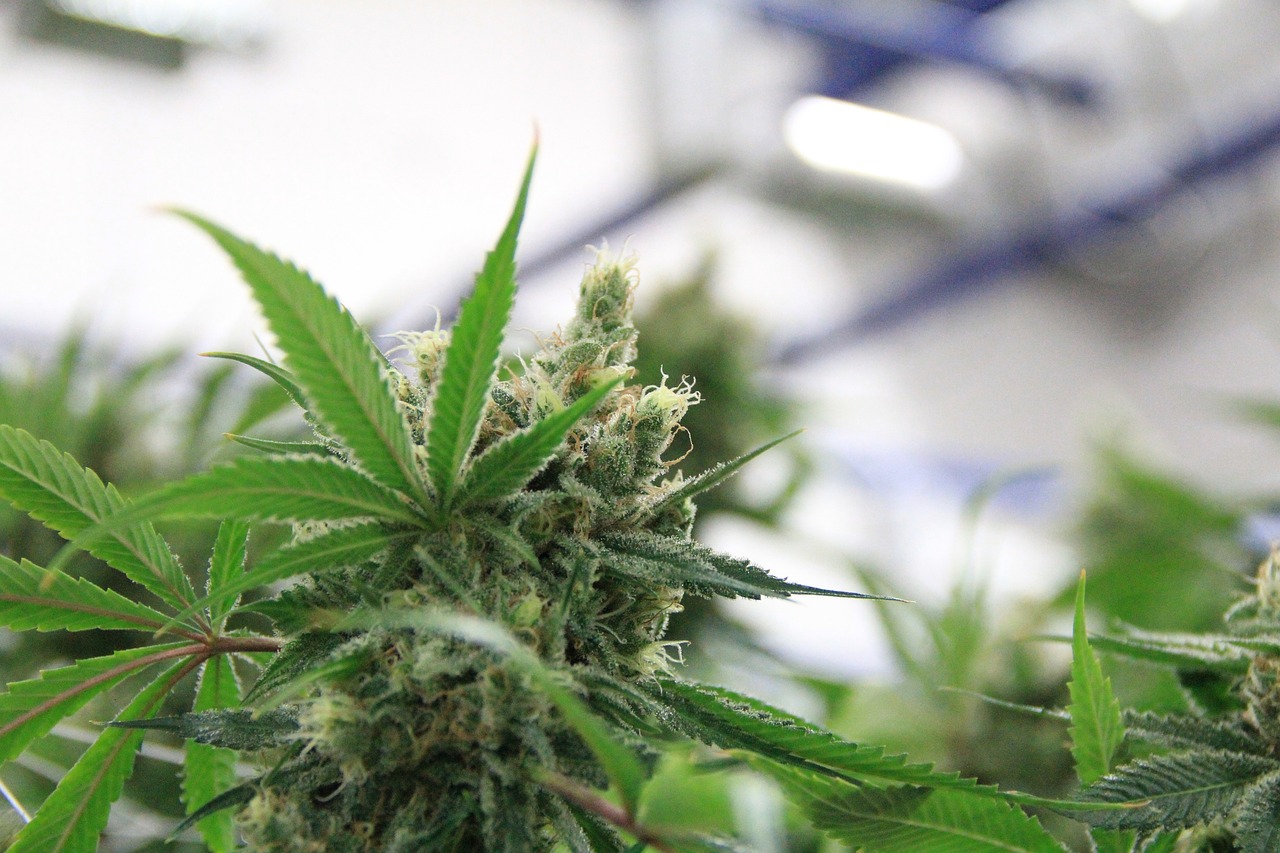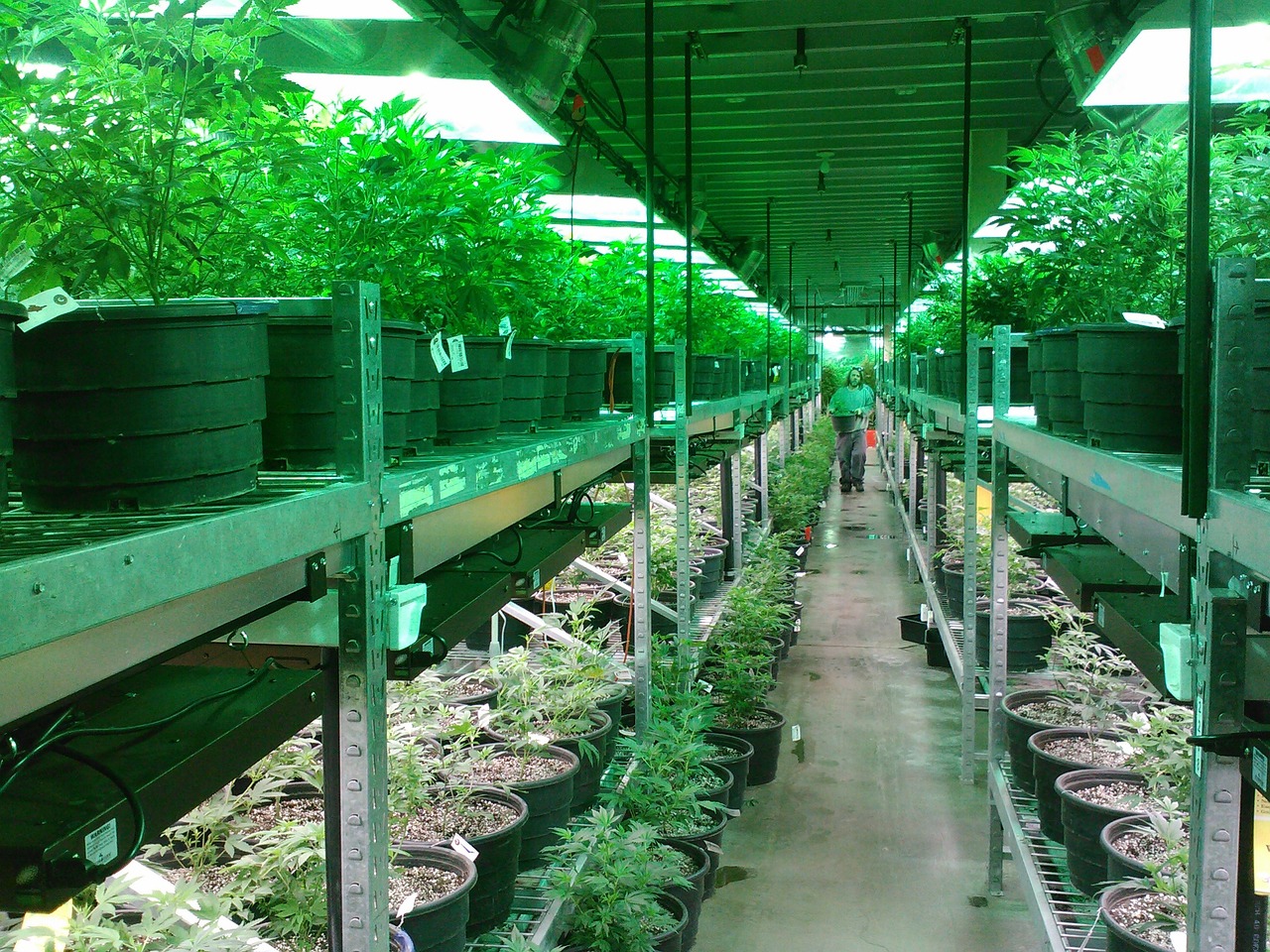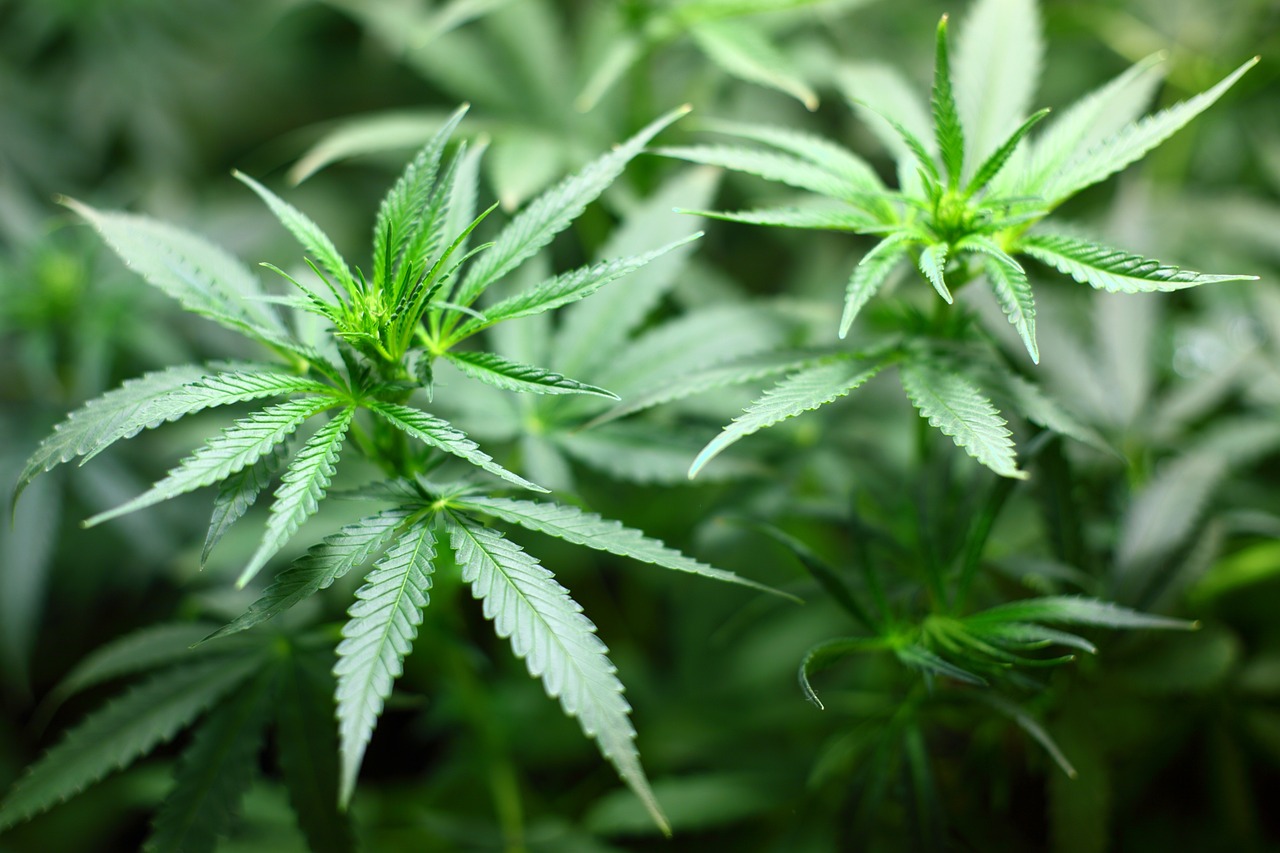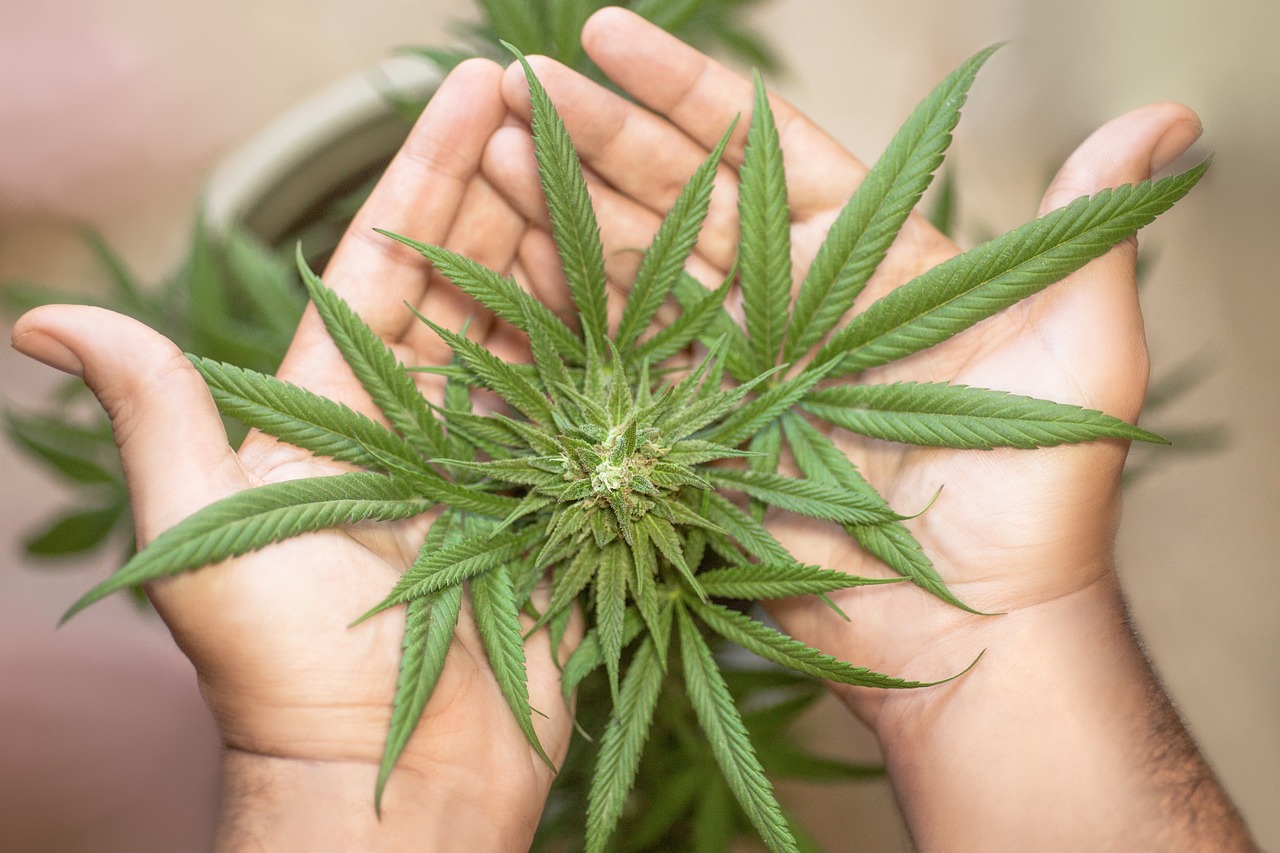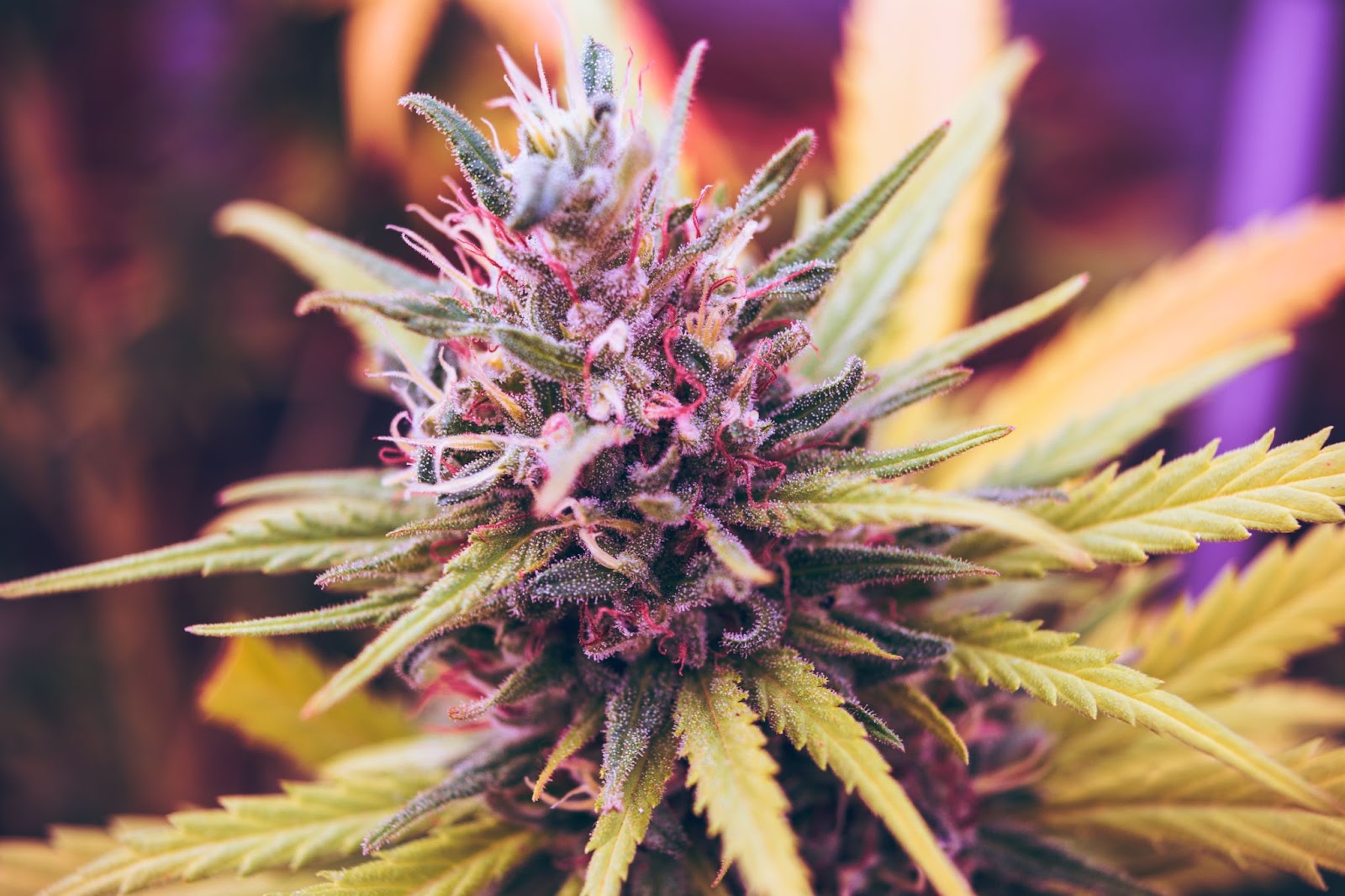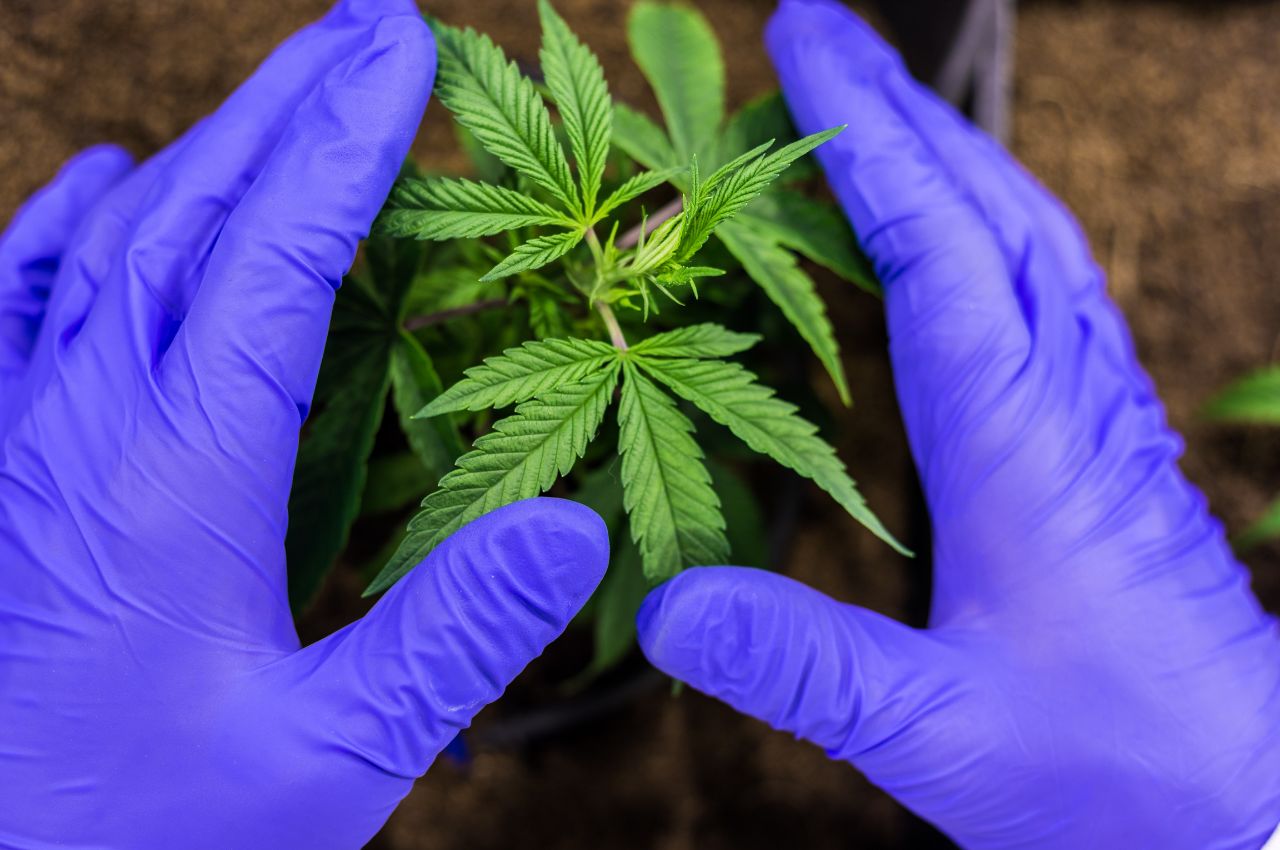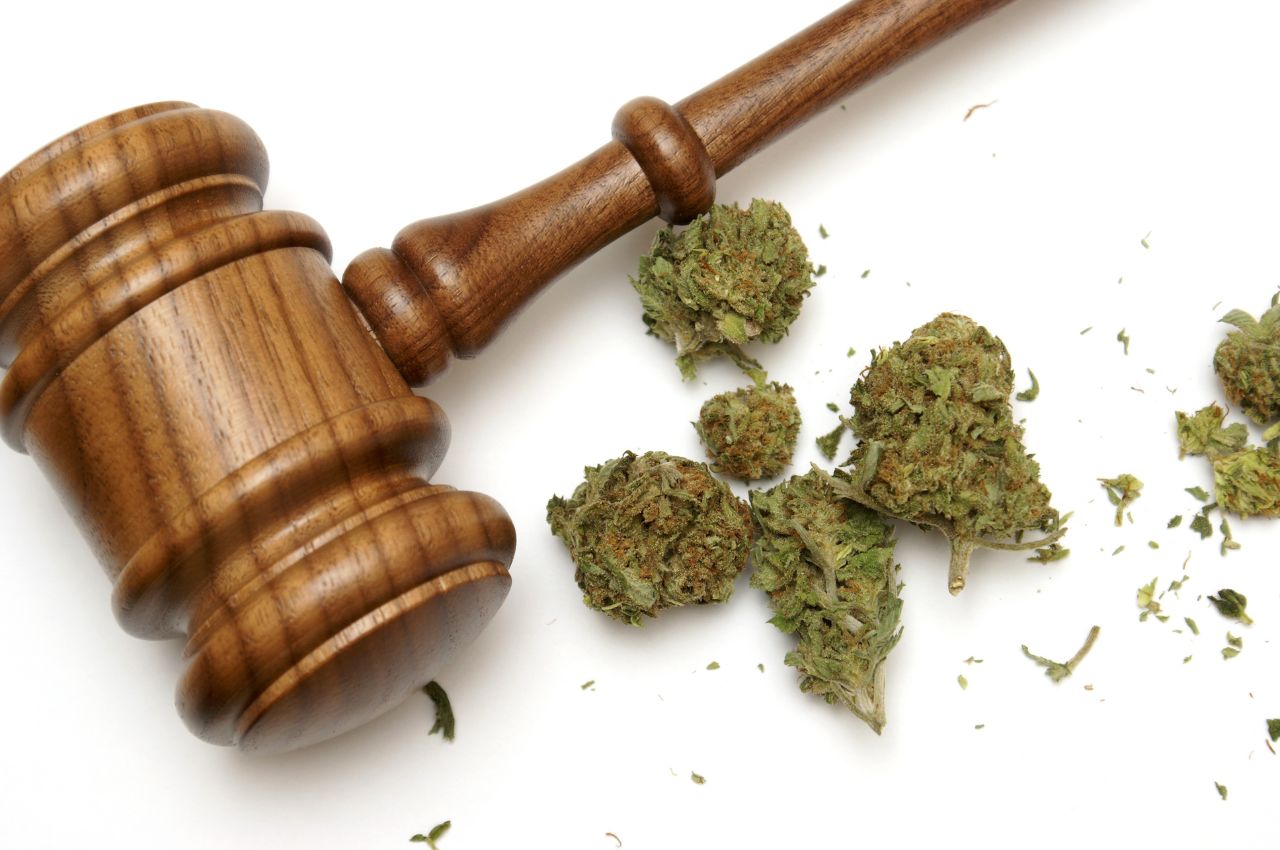While it still must pass several stages of review, a Justice Department Proposal suggests that the US Drug Enforcement Administration is taking steps to reclassify marijuana as a “less dangerous” drug. This reclassification could mean acknowledging the potential medical benefits of the drug but stops short of legalization.
The next stages will include a period of public commentary as well as an assessment by the White House Office of Management and Budget and a review by an administrative judge. There’s a long road ahead, and opponents of reclassification could have many opportunities to stand in its way.
Rescheduling: Reasons and Implications
The push for reclassification comes after President Joe Biden requested a review of marijuana’s classification last year. Currently listed as a Schedule I drug, marijuana is classified alongside substances like heroin and LSD. The proposed shift reflects growing recognition of marijuana’s medical potential and aims to align federal policy with evolving attitudes toward cannabis.
Reclassifying marijuana to Schedule III would not legalize recreational cannabis nationwide. Instead, it would subject marijuana to less stringent regulations, allowing for some medical uses while maintaining federal criminal penalties for unauthorized trafficking. This change is unlikely to affect existing medical marijuana programs or recreational cannabis markets in states where it is legal. However, it could impact research efforts and taxation policies related to marijuana businesses.
Impact on Research
One potential benefit of rescheduling marijuana is the facilitation of research. Currently, the Schedule I classification creates barriers to conducting authorized clinical studies involving marijuana.
Reclassifying marijuana to Schedule III could make it easier for researchers to study the drug, though challenges may remain. Additionally, the reclassification could have implications for taxation policies affecting marijuana businesses, potentially reducing tax rates and allowing for greater competitiveness in the industry.
National Pressure
Some states have urged the U.S. Congress to provide clarity on the legality of marijuana under the Federal Controlled Substances Act. Requests like this are part of ongoing efforts at the state level to address federal marijuana policies. Various bills and resolutions introduced in state legislatures across the country have put pressure on the federal government to act on marijuana regulation.
In one example, California passed a resolution urging Congress to permit financial institutions to serve the cannabis industry. The inability of cannabis-related businesses to use the national banking system has been an ongoing problem for marijuana businesses operating in states that allow them.
Several other states, including Alaska, Georgia, and New Jersey, have called on Congress to reconsider marijuana’s classification or grant states greater authority over marijuana policy. The National Conference of State Legislatures (NCSL) has actively advocated for state sovereignty in marijuana regulation, supporting legislation to protect states with legal medical marijuana programs from federal enforcement actions.
Despite these state-level initiatives, marijuana remains classified as a Schedule I controlled substance under federal law, signaling ongoing tensions between state and federal policies regarding cannabis legalization and regulation.
Criticism and Challenges
While the proposed reclassification has garnered support from some quarters, it has also faced criticism. Opponents argue that rescheduling marijuana is too incremental and fails to address broader issues surrounding federal drug policy. Critics also express concerns about the potential consequences of maintaining federal criminal penalties for marijuana trafficking, particularly for communities disproportionately impacted by drug enforcement efforts.
